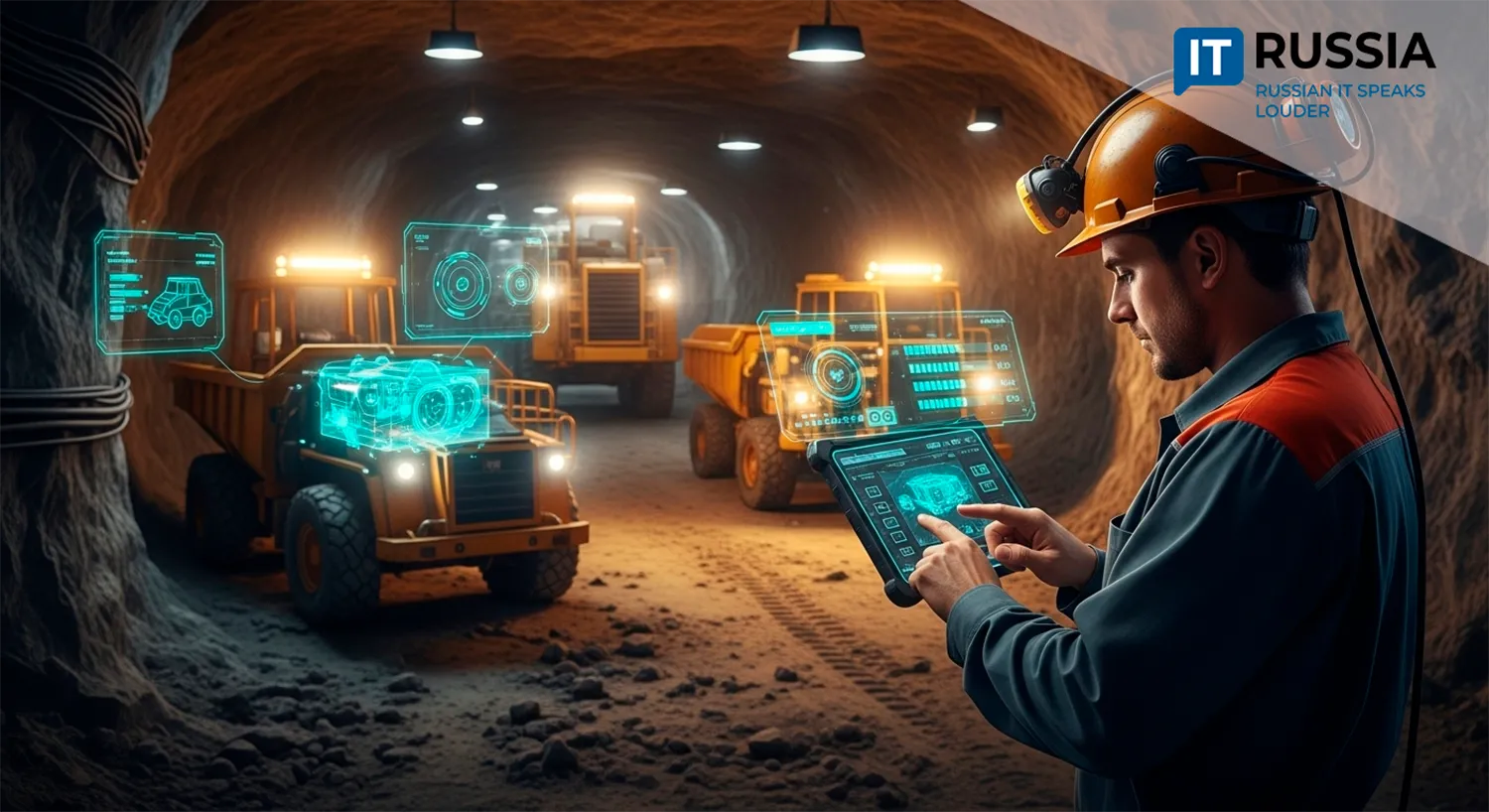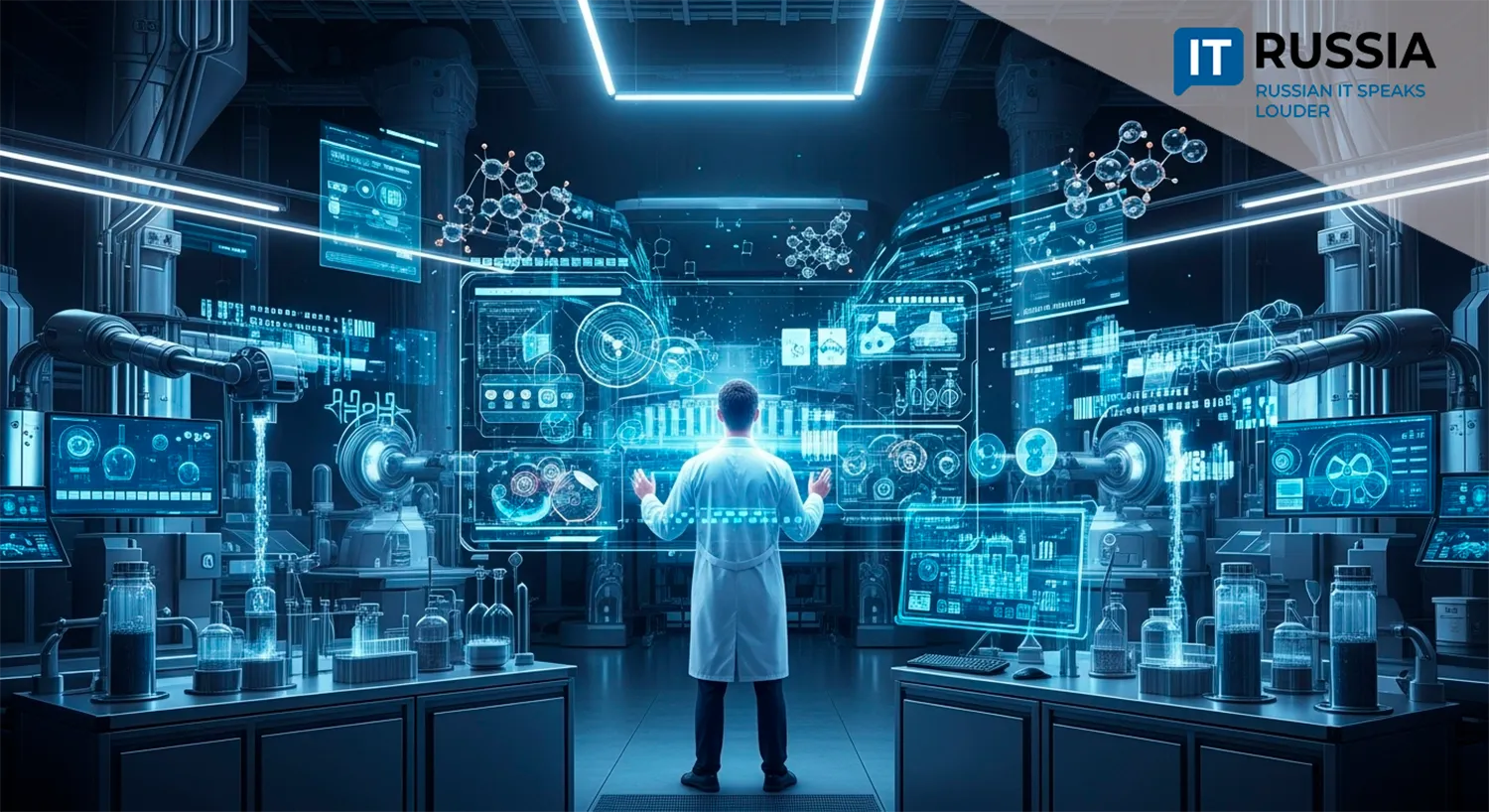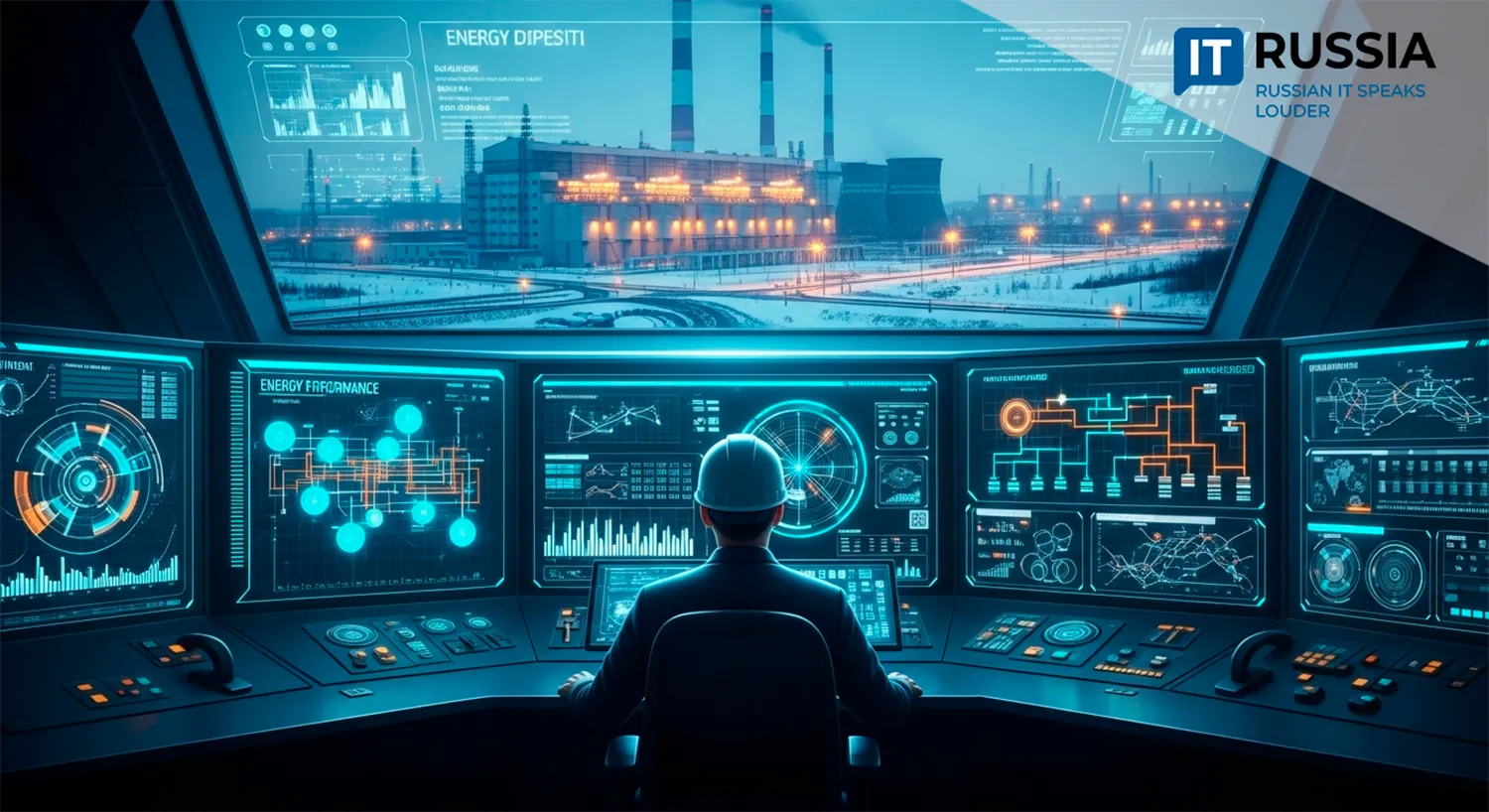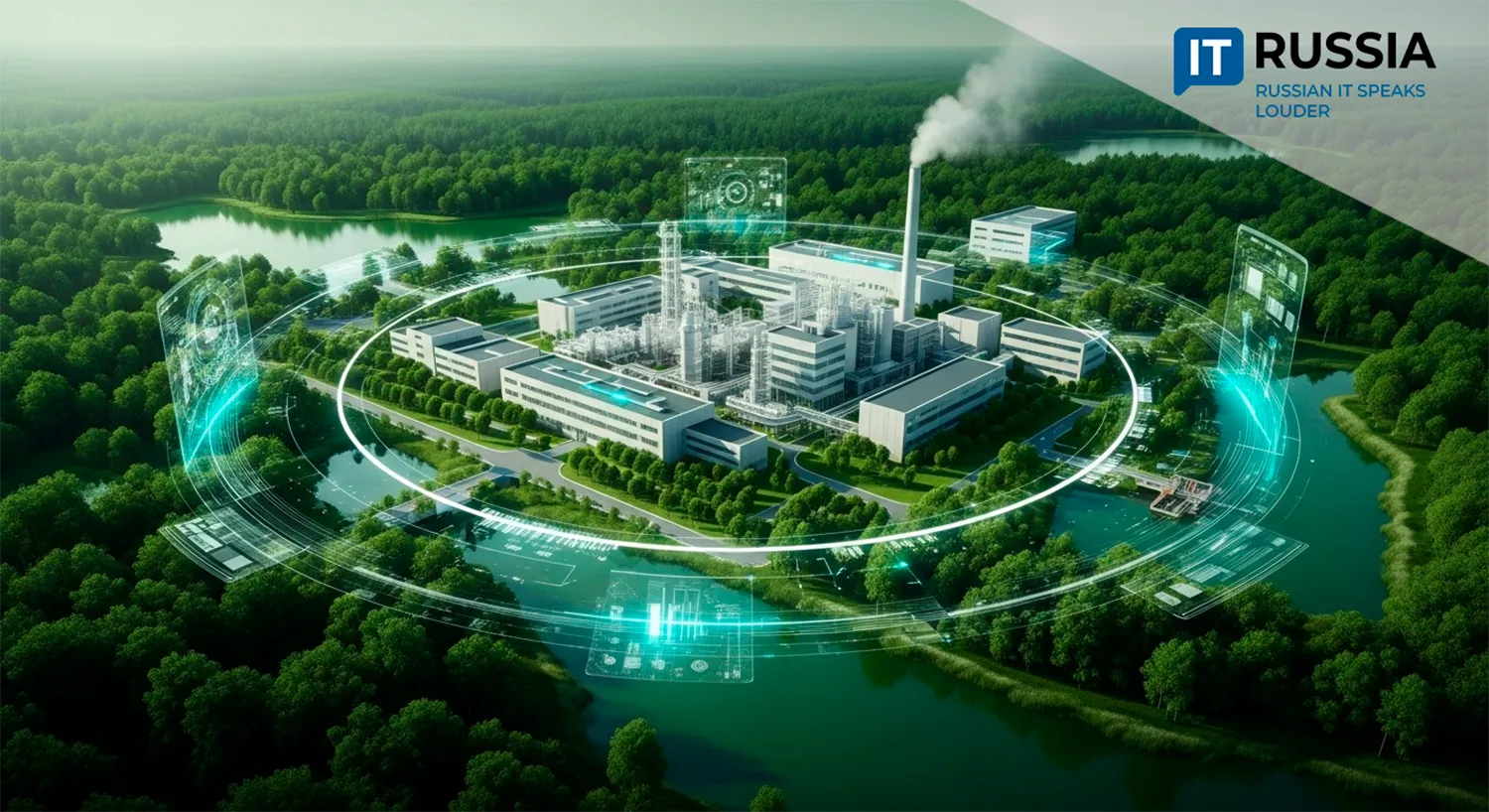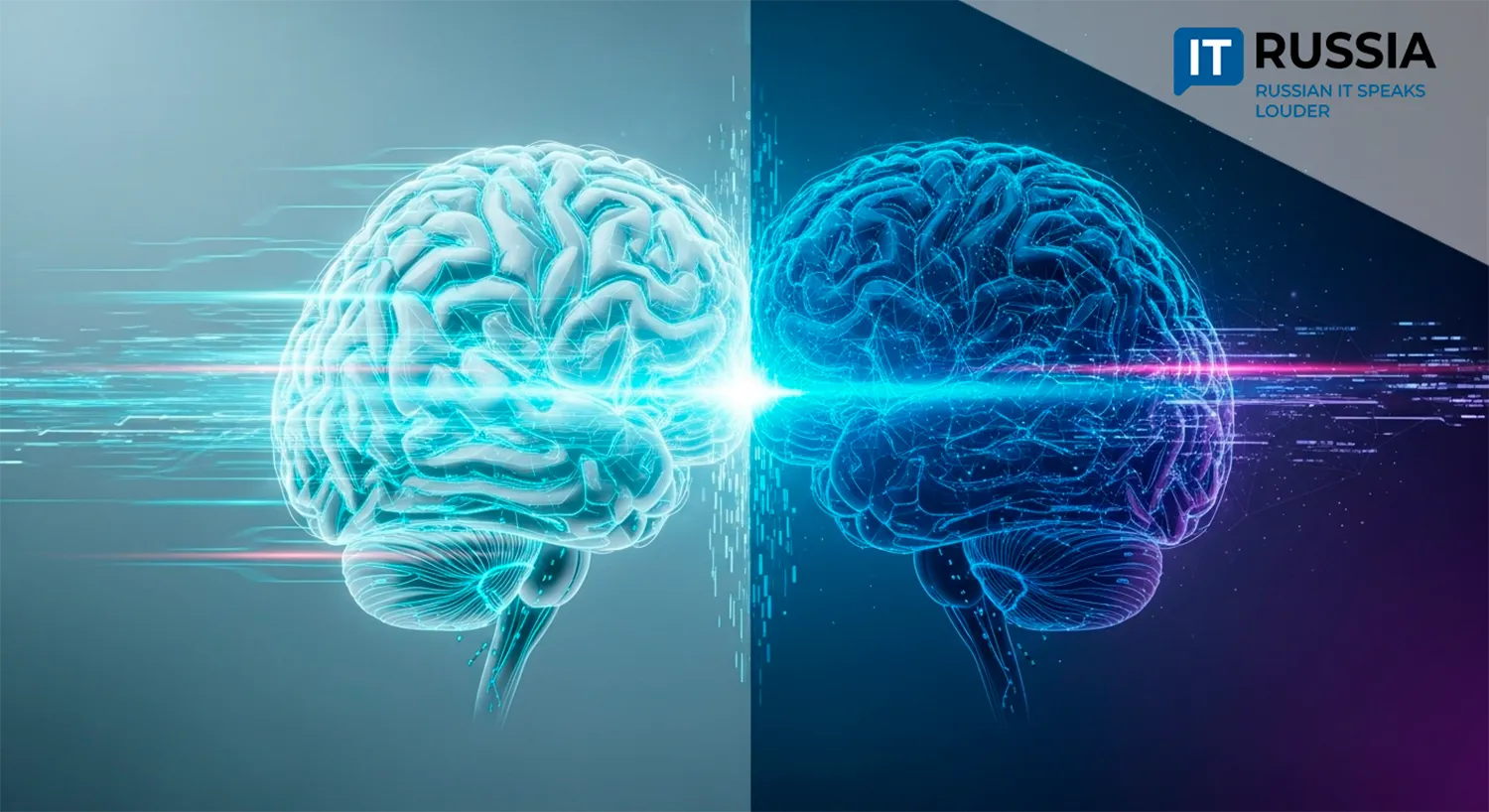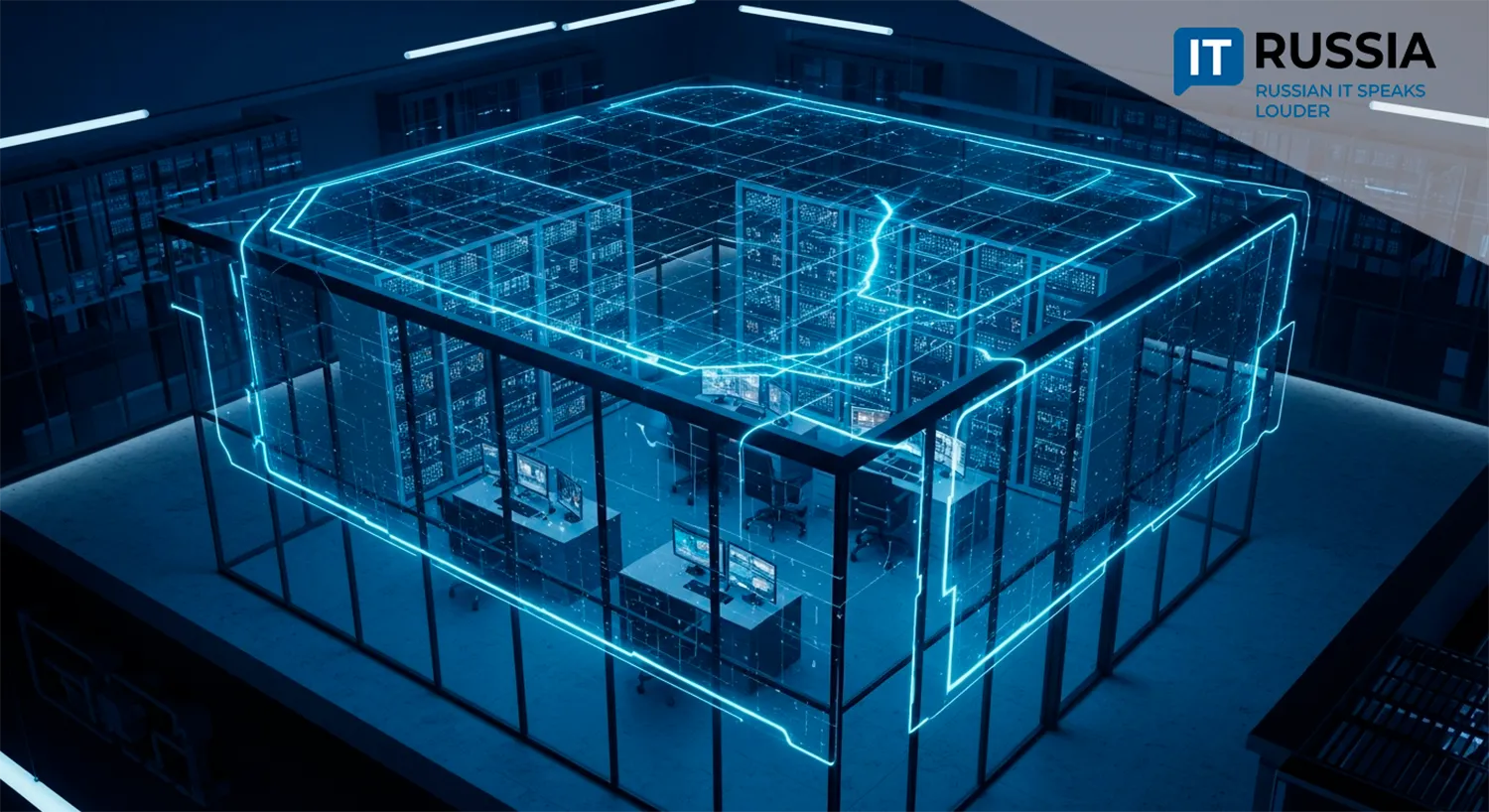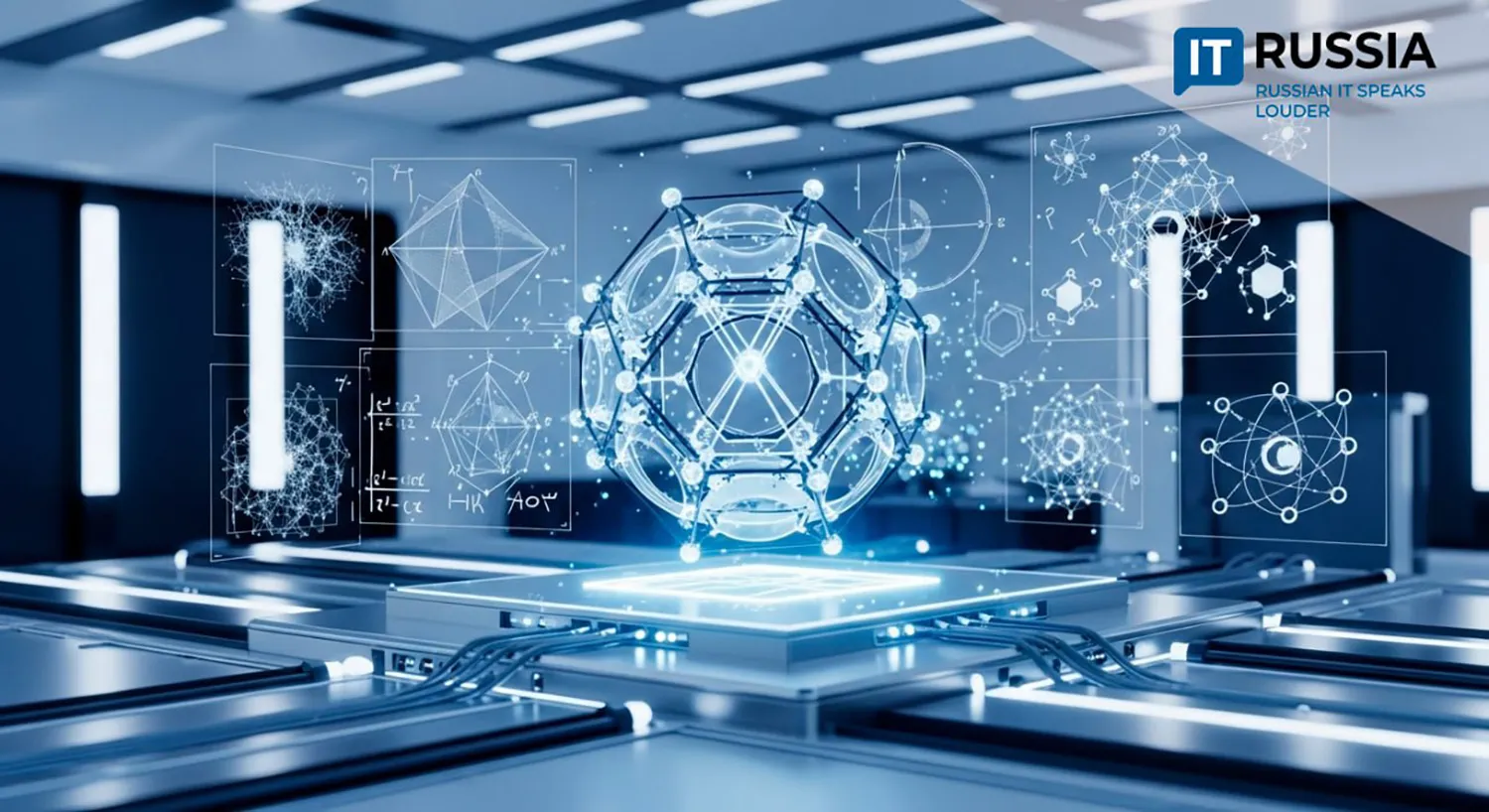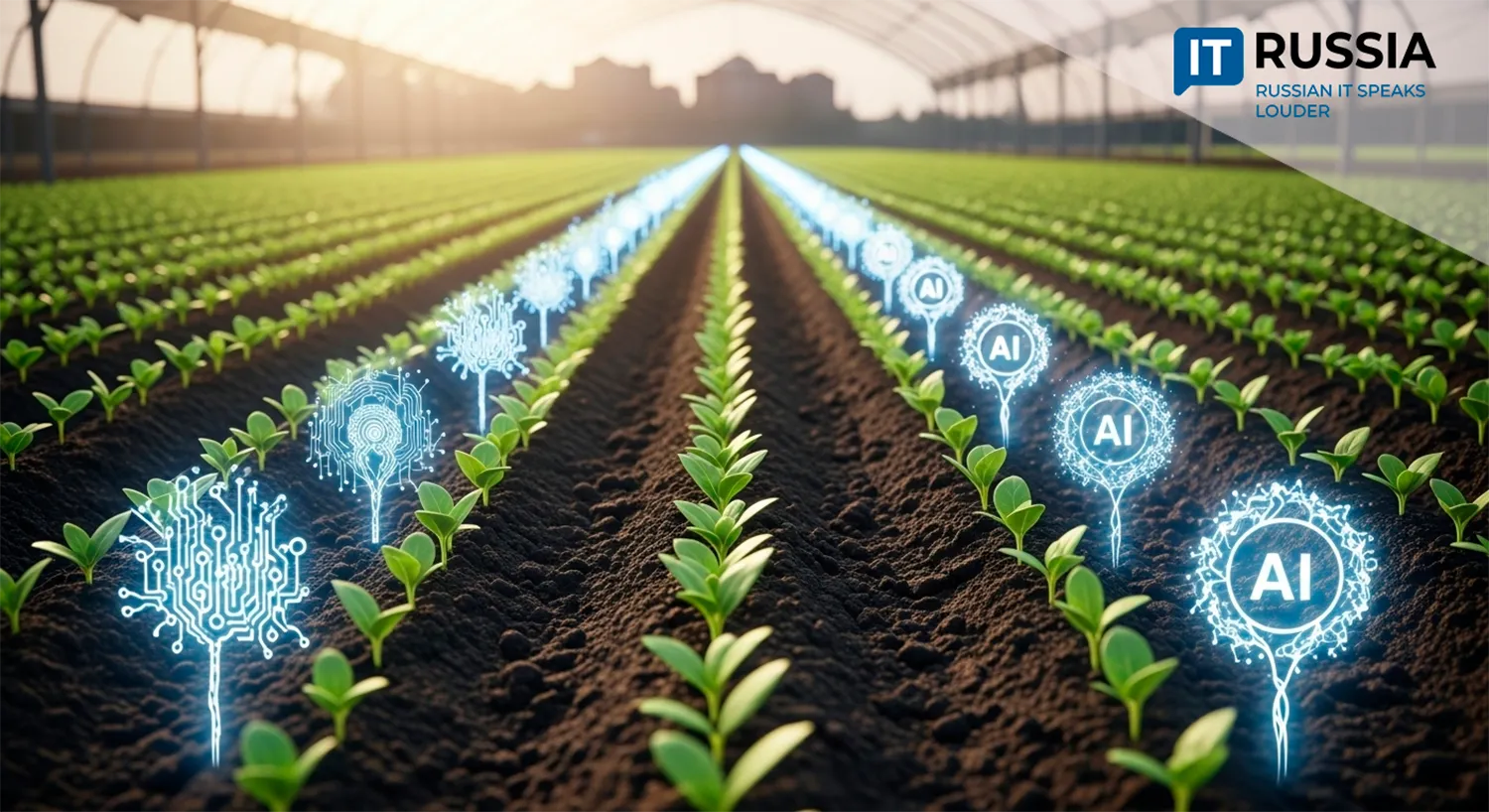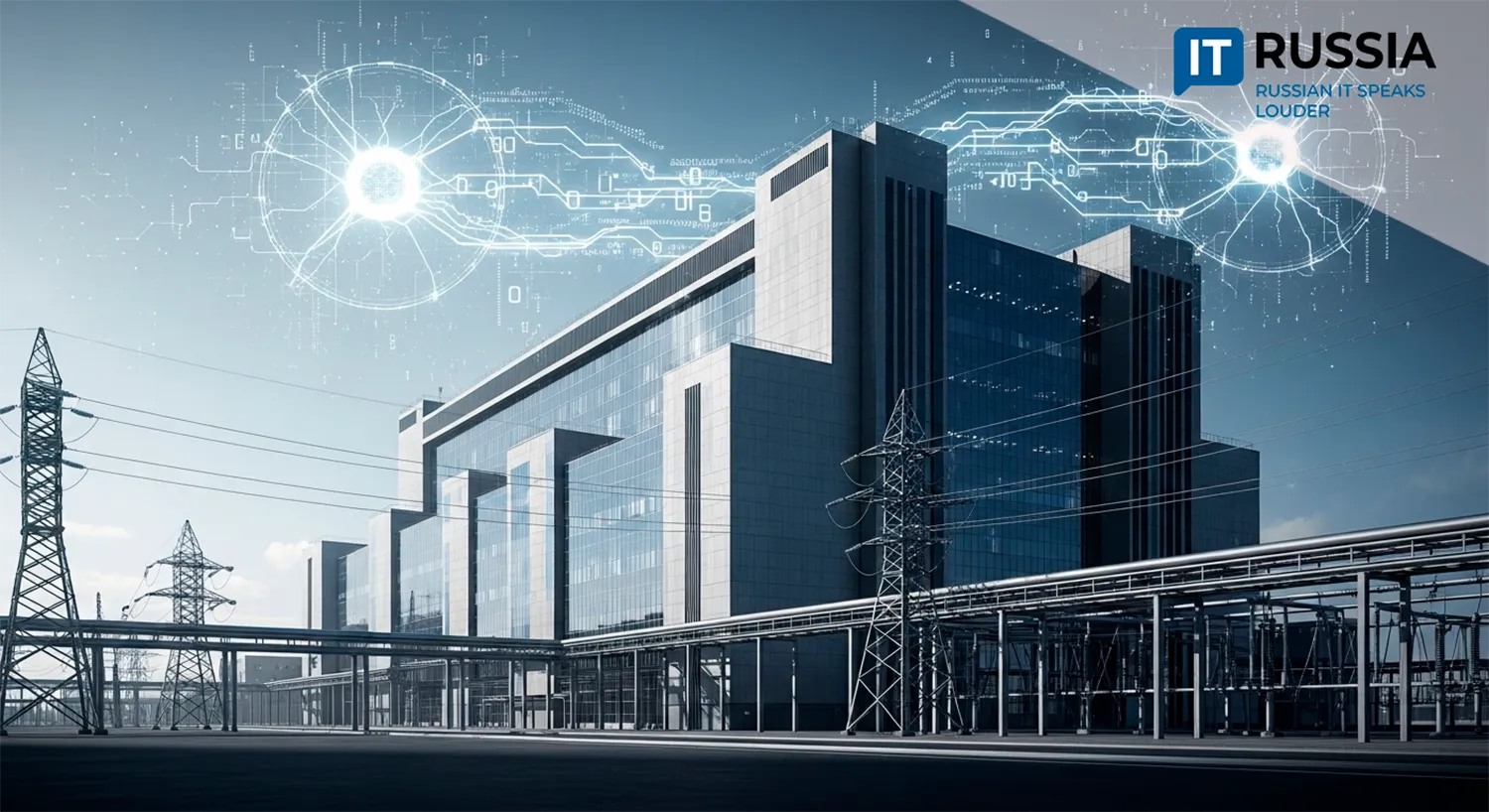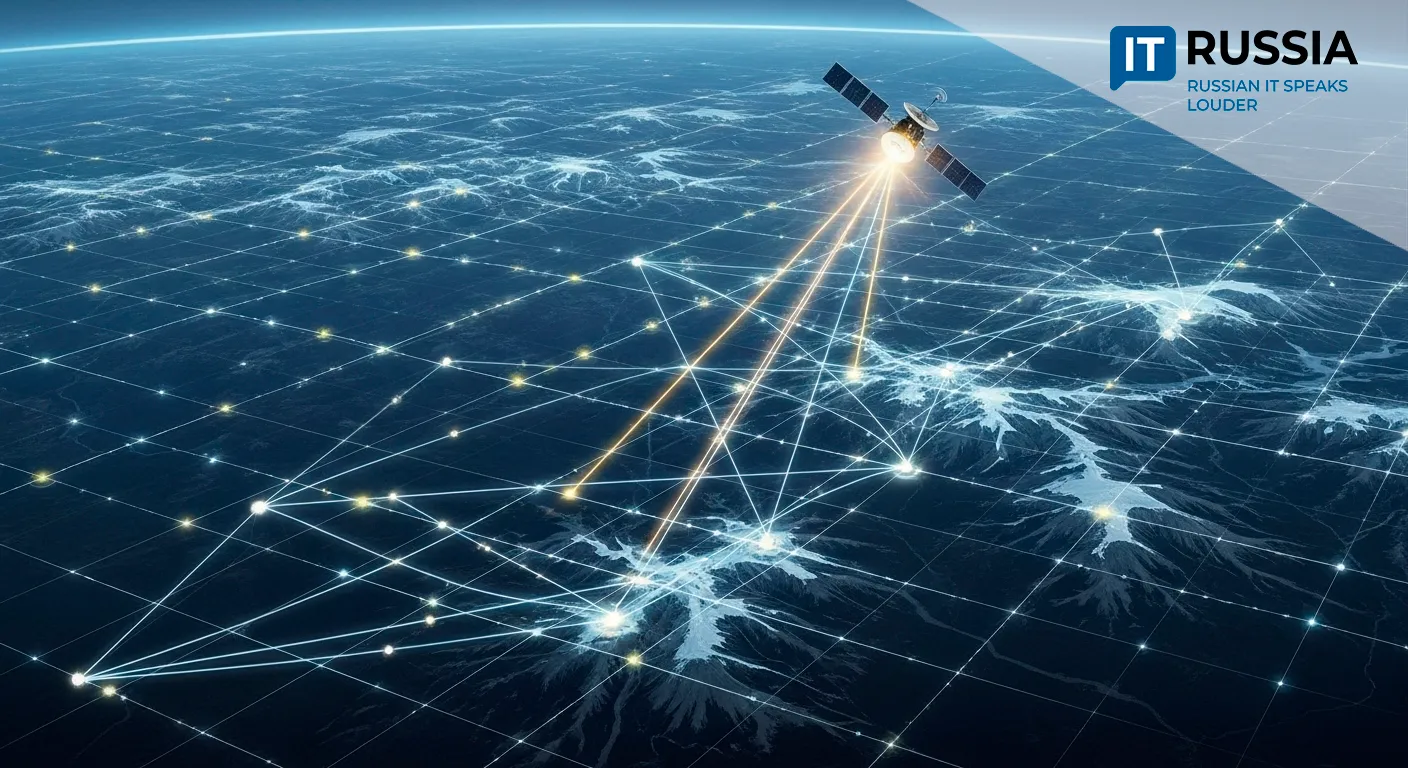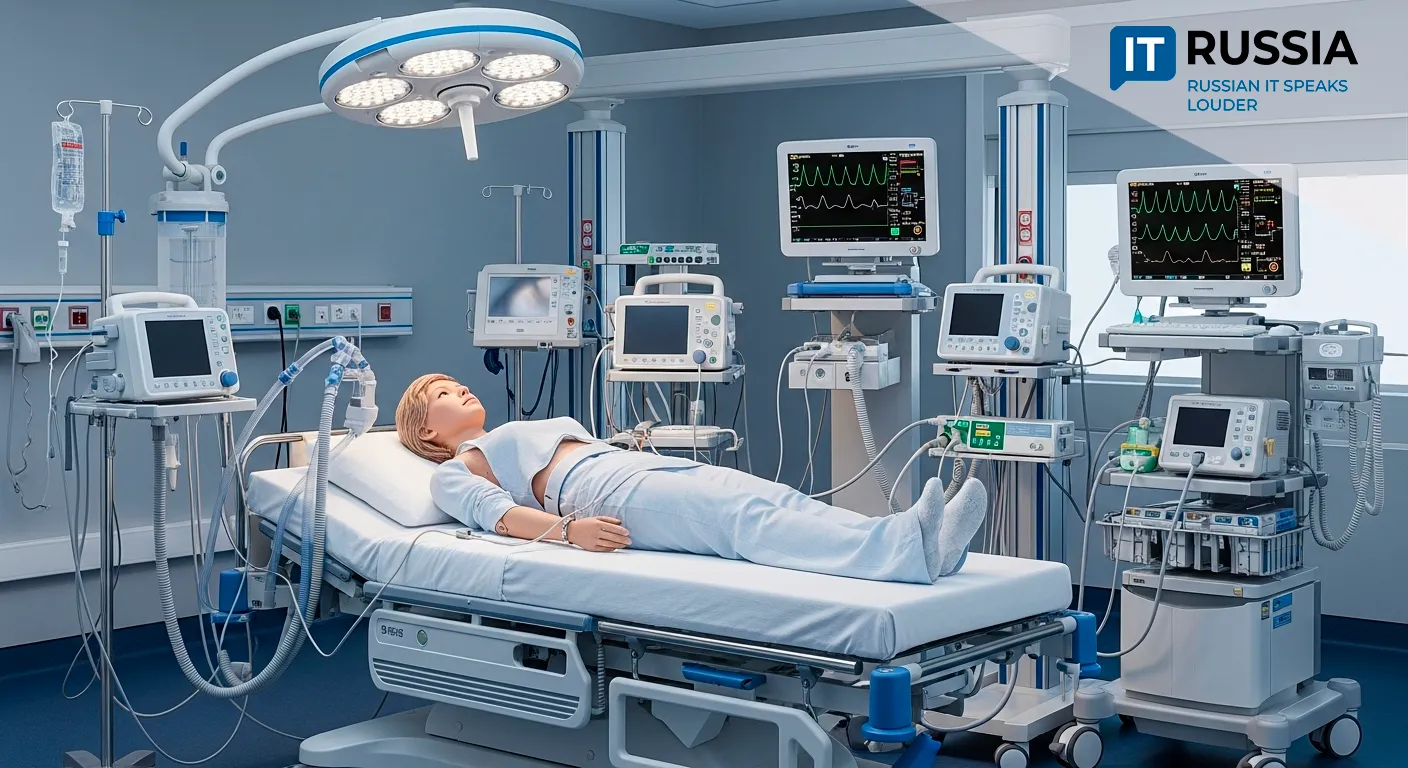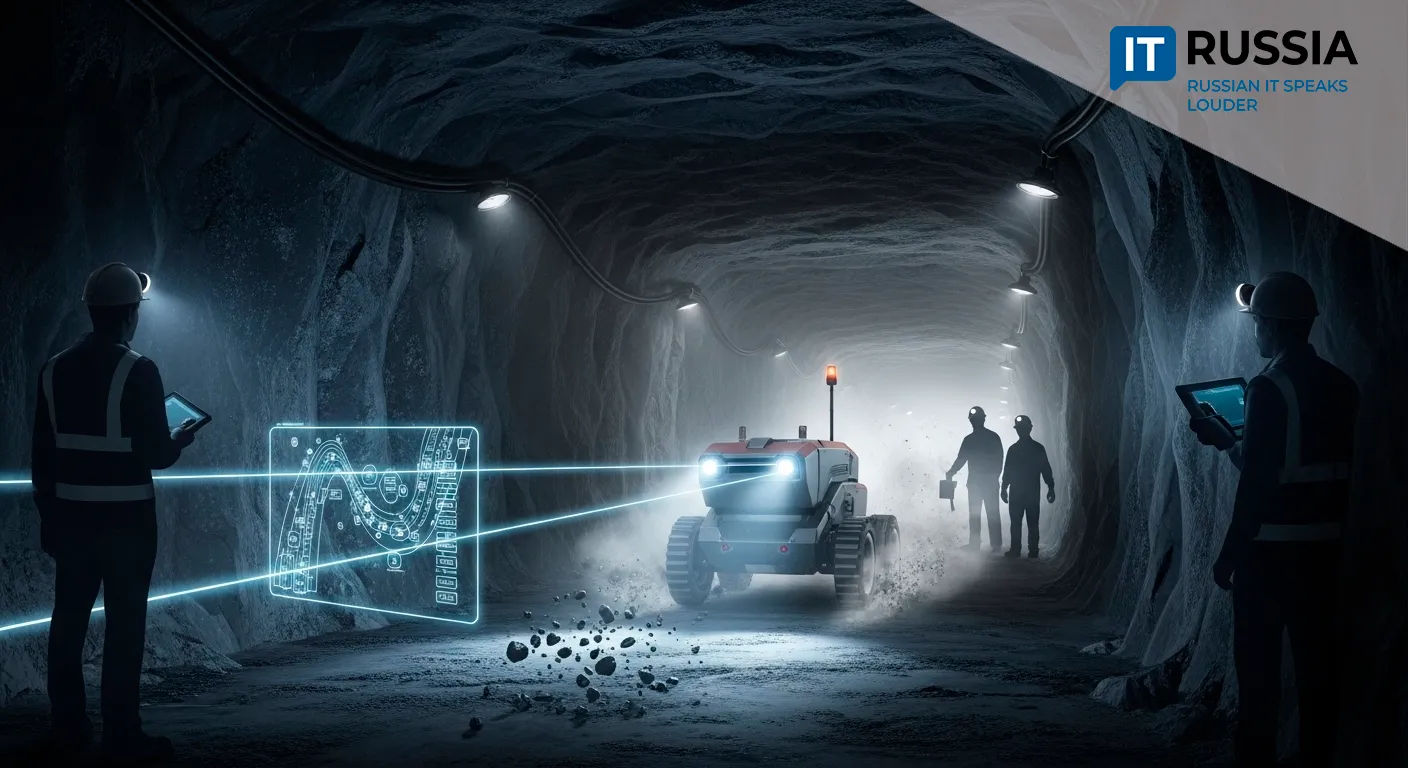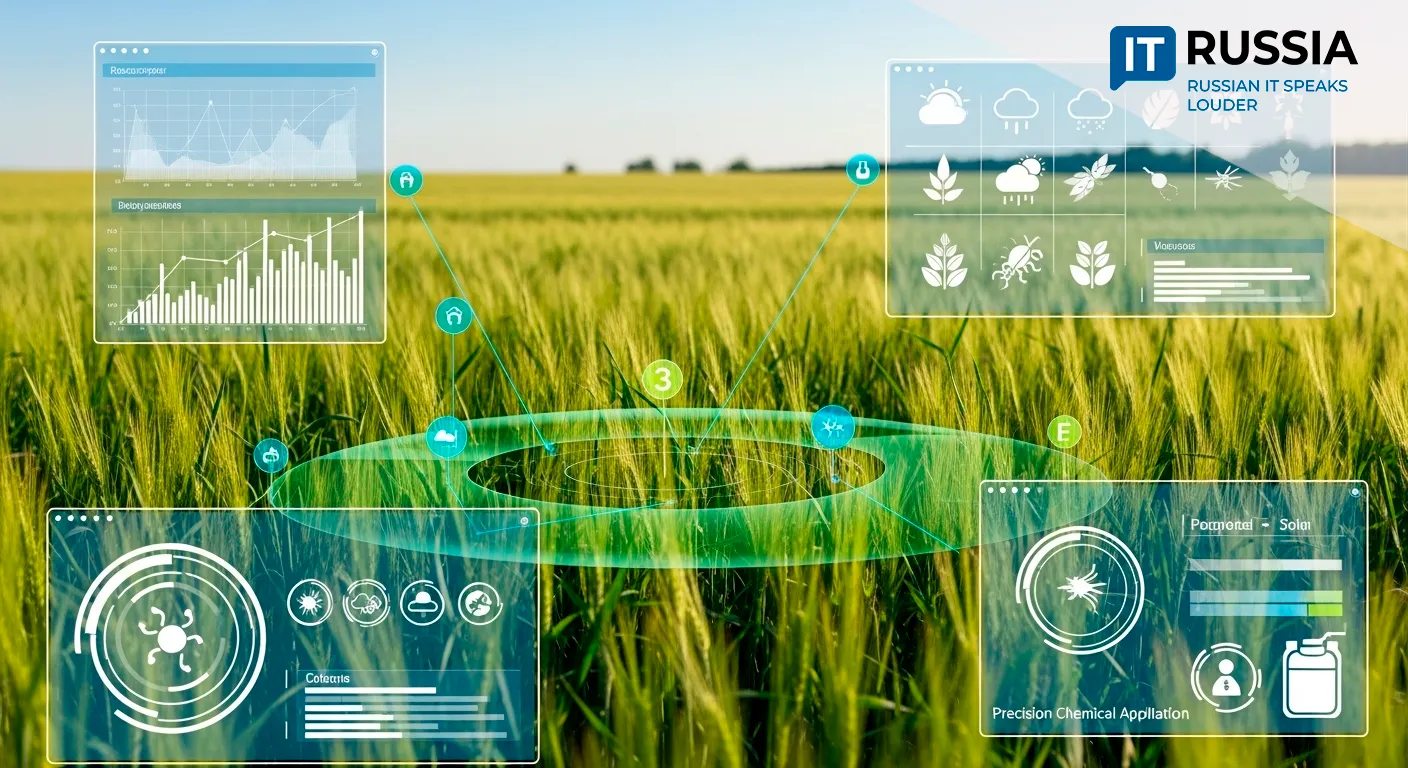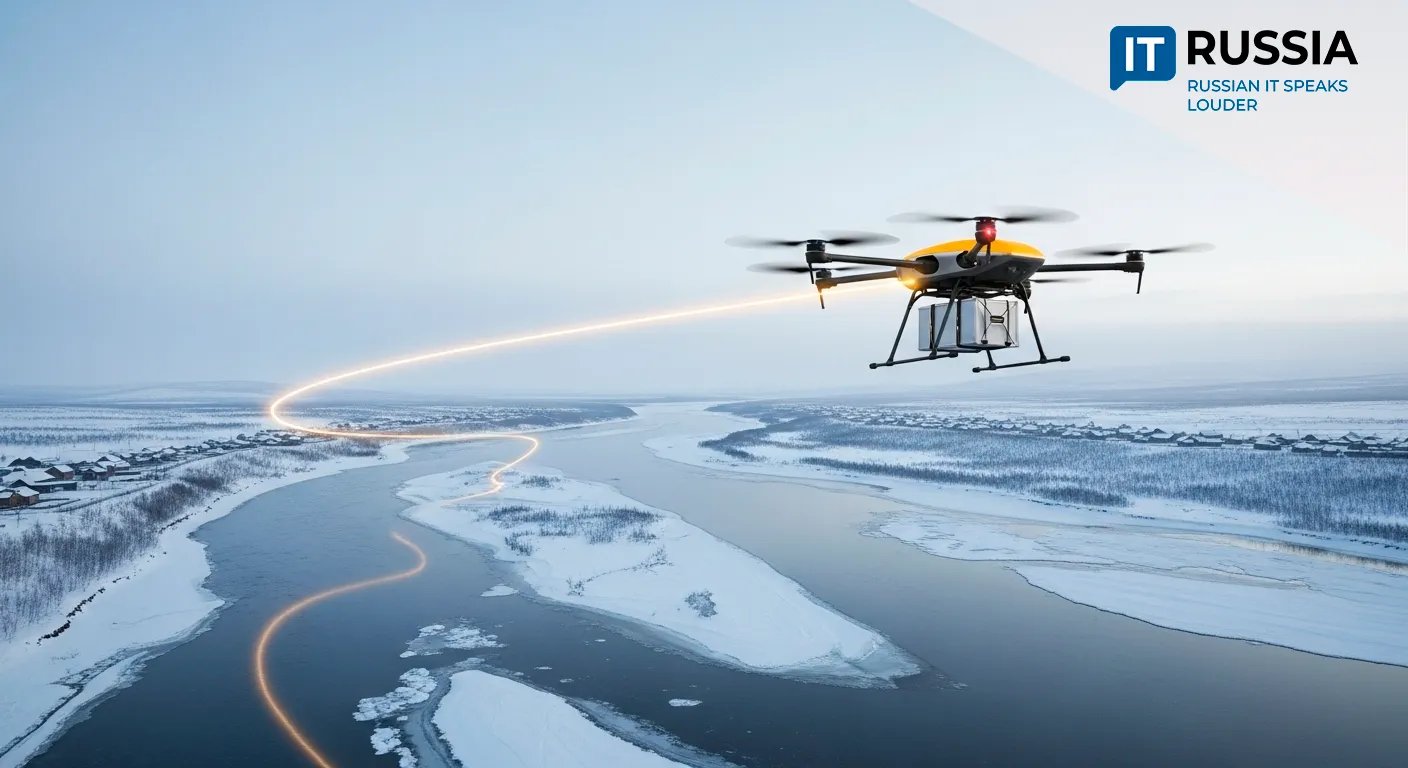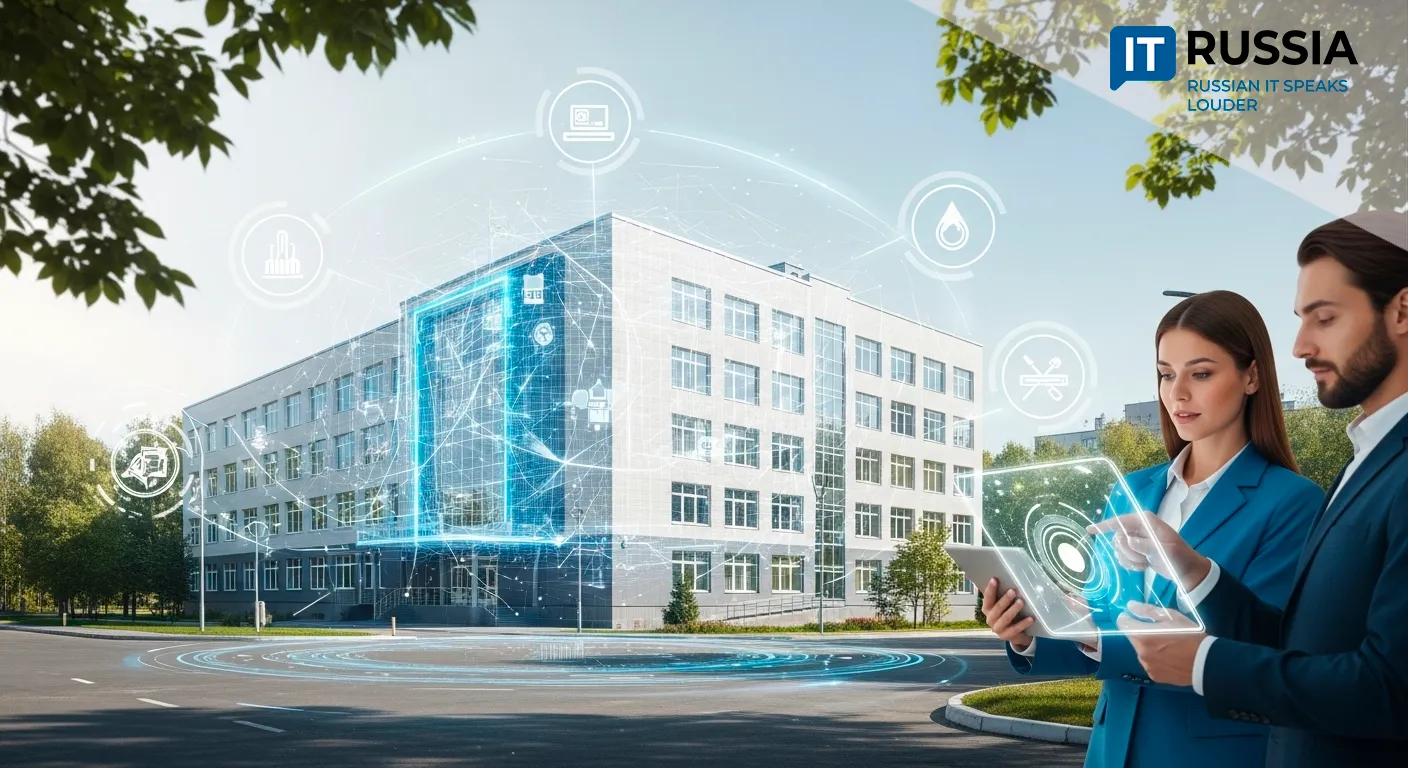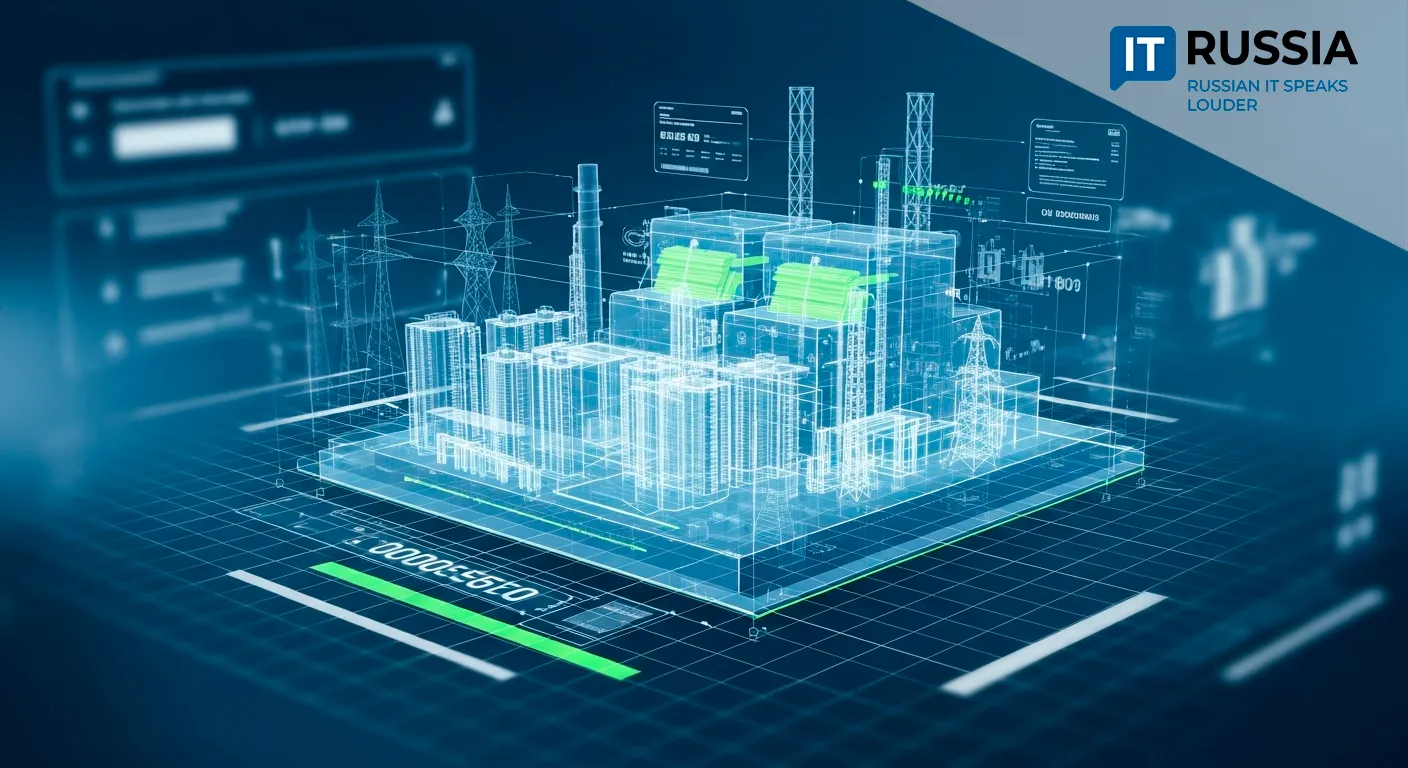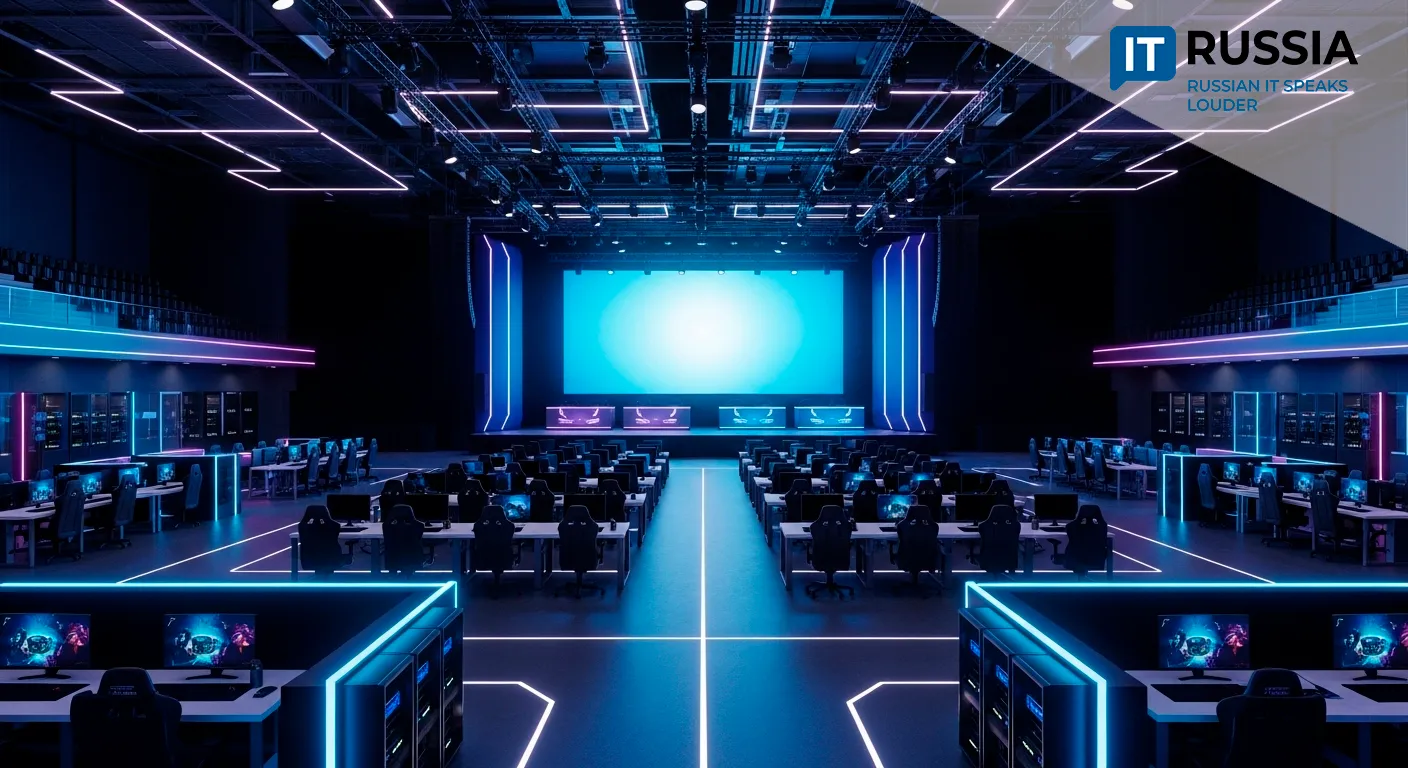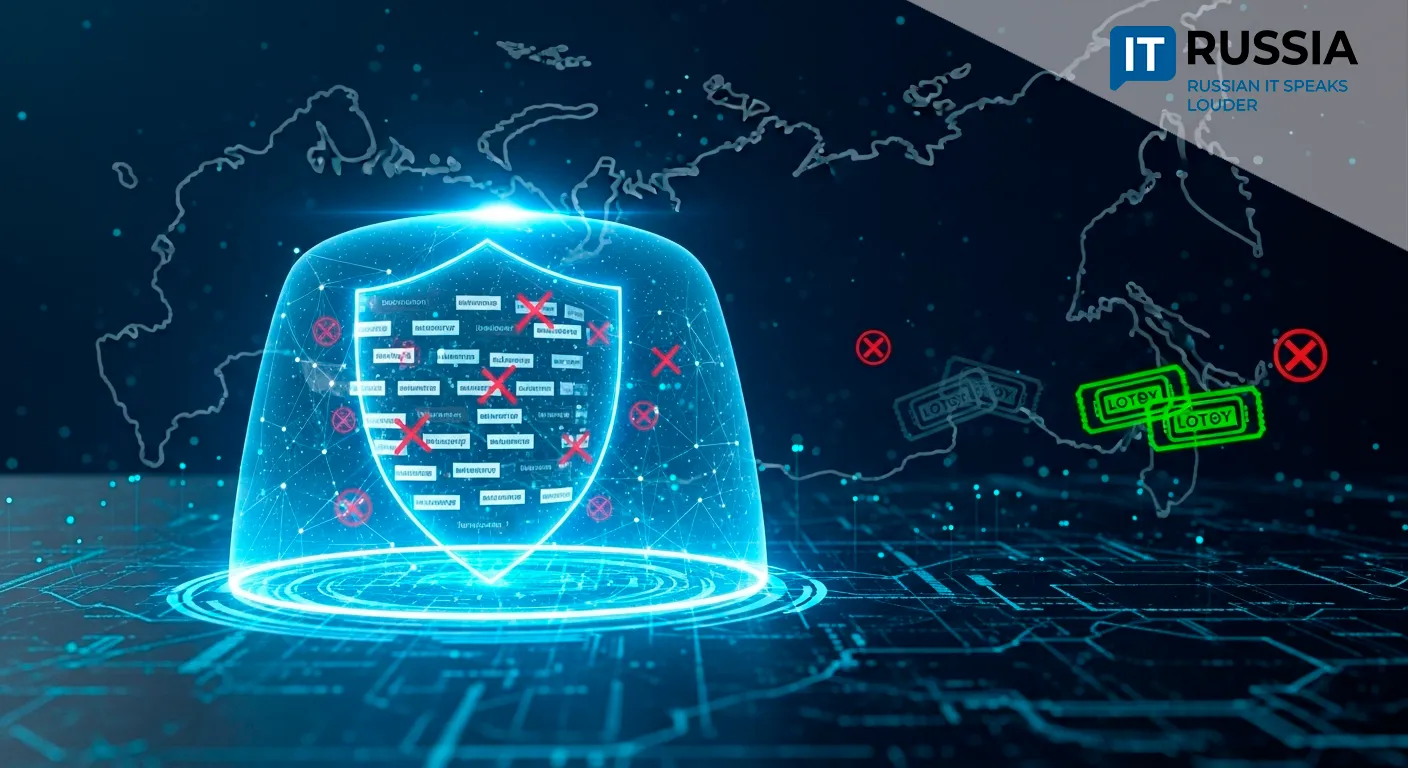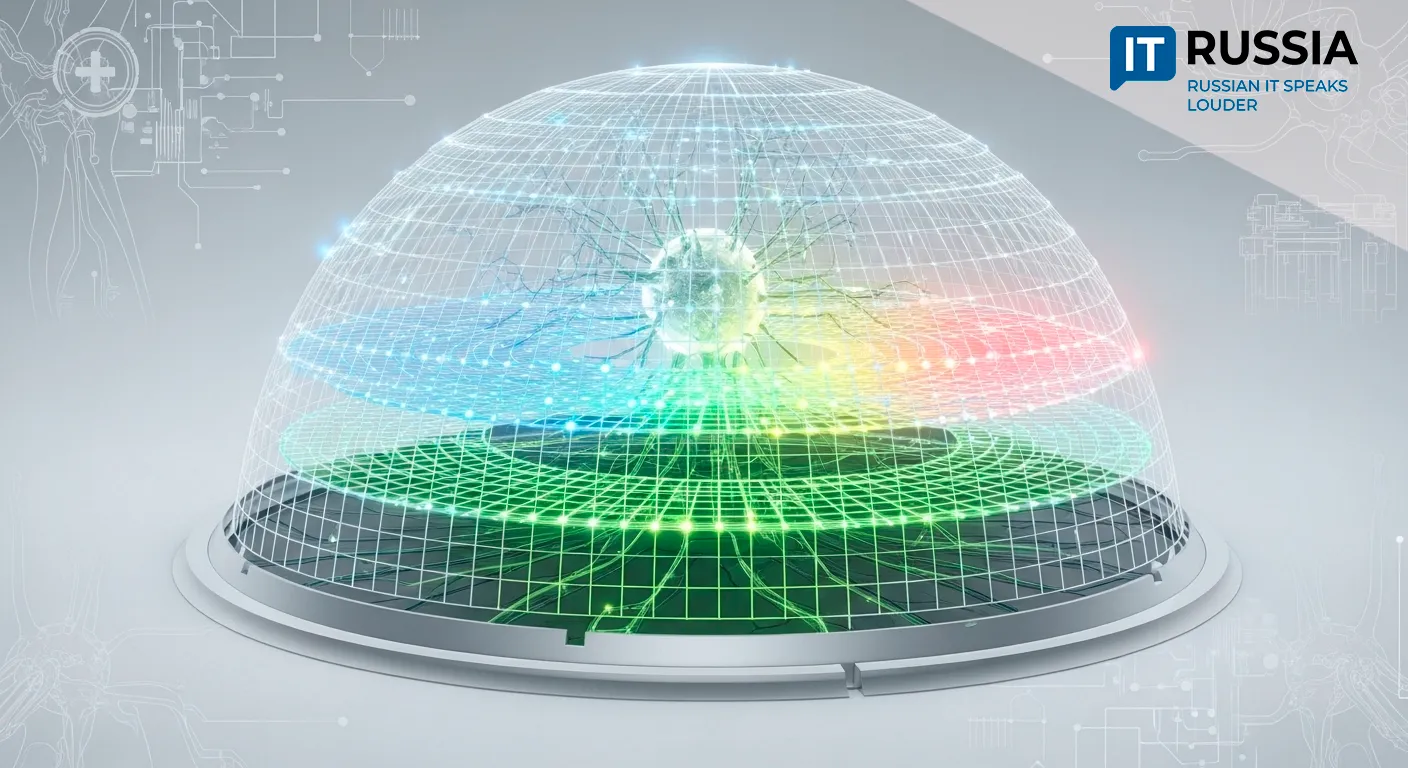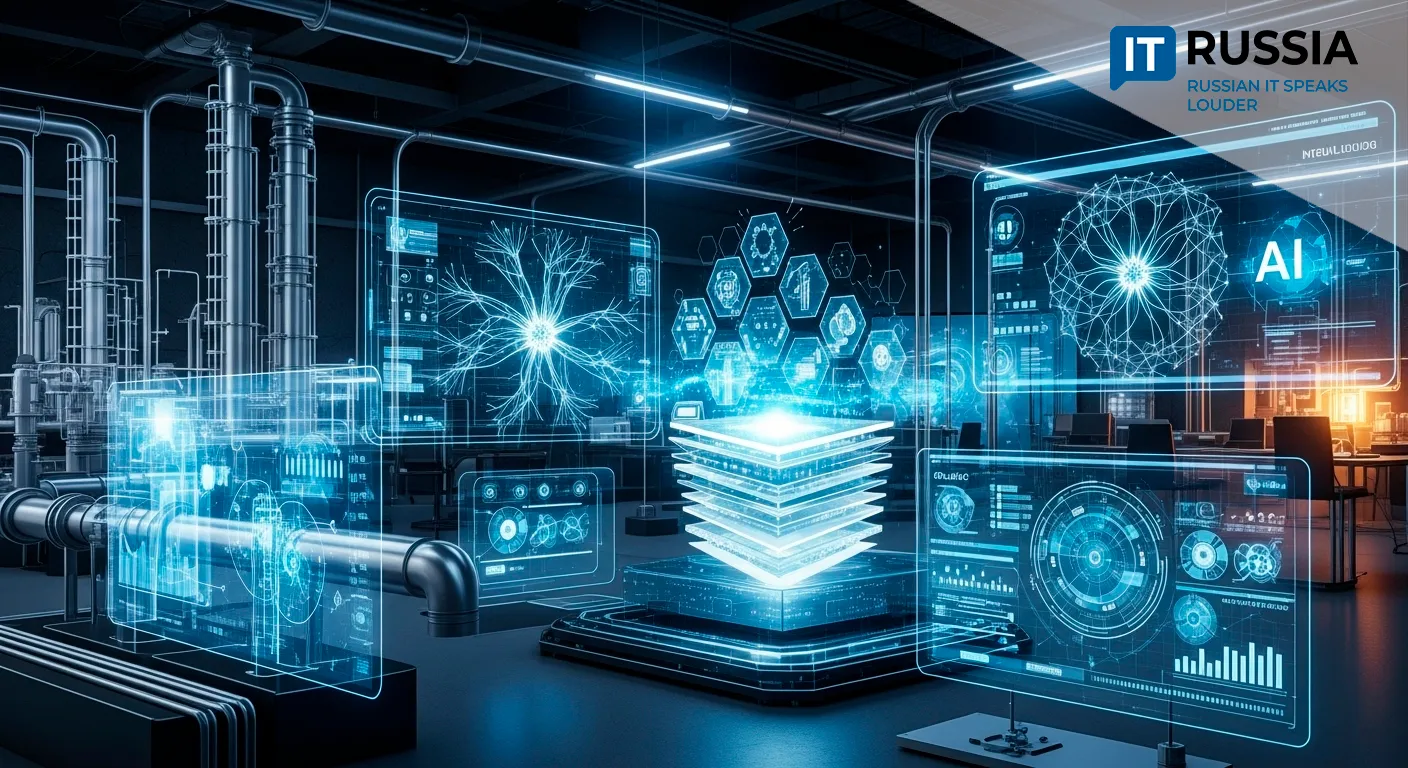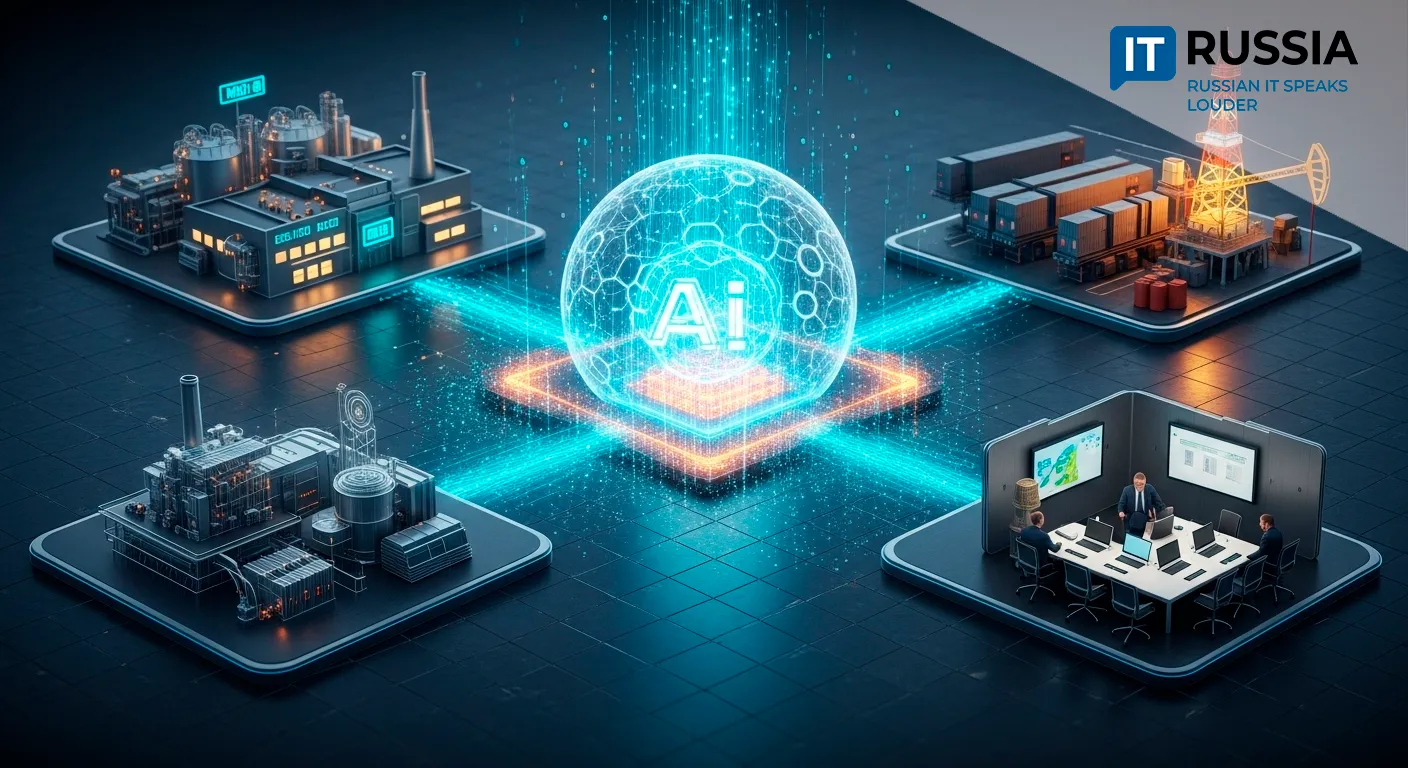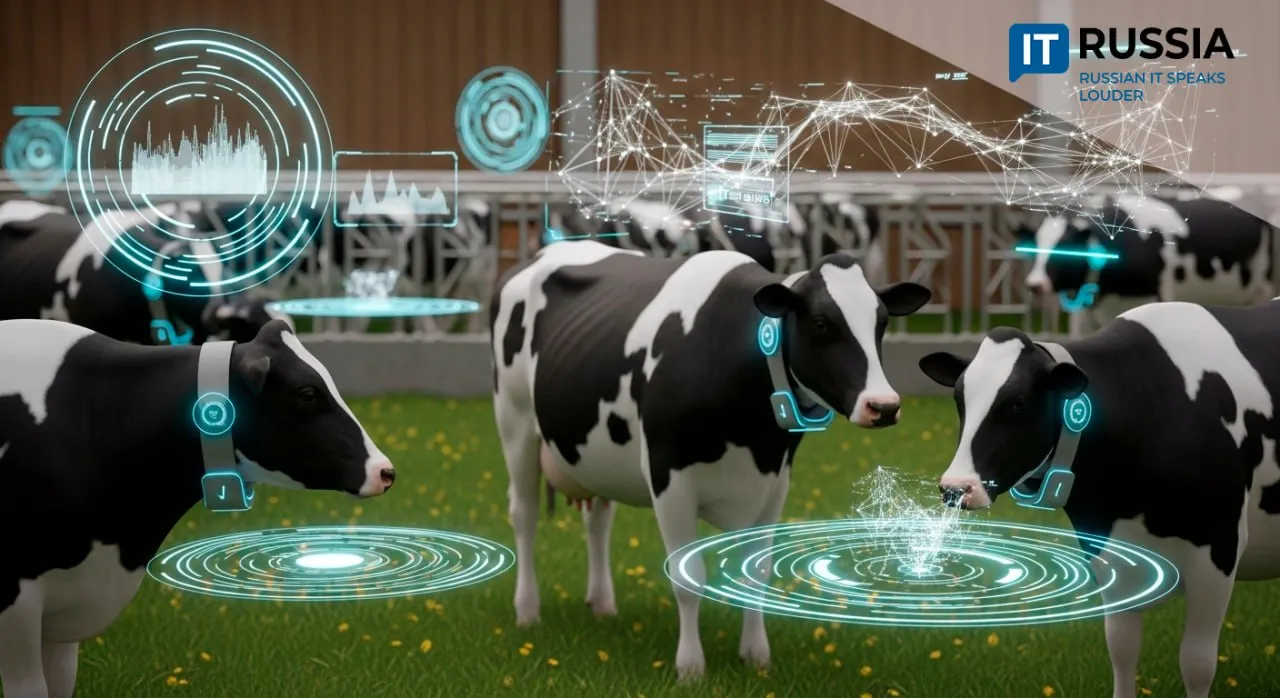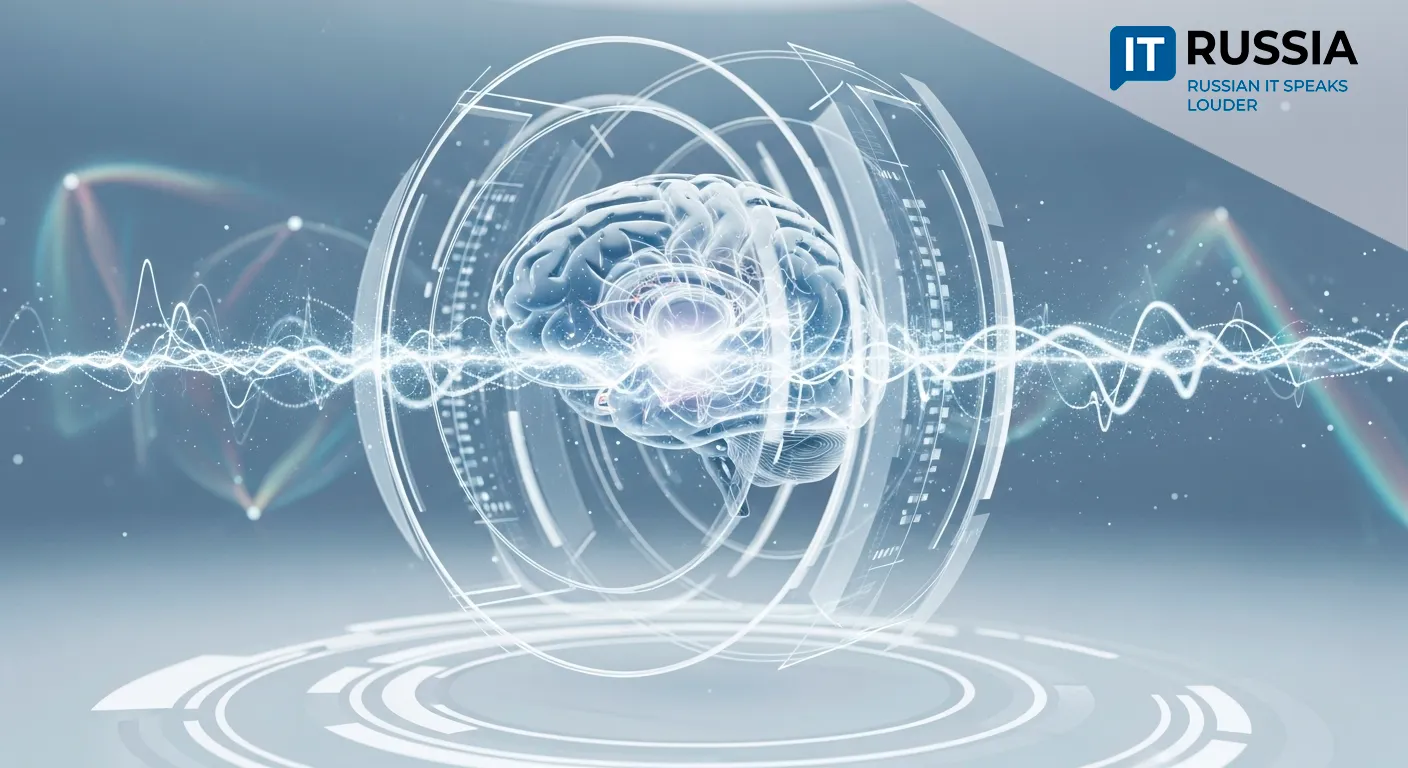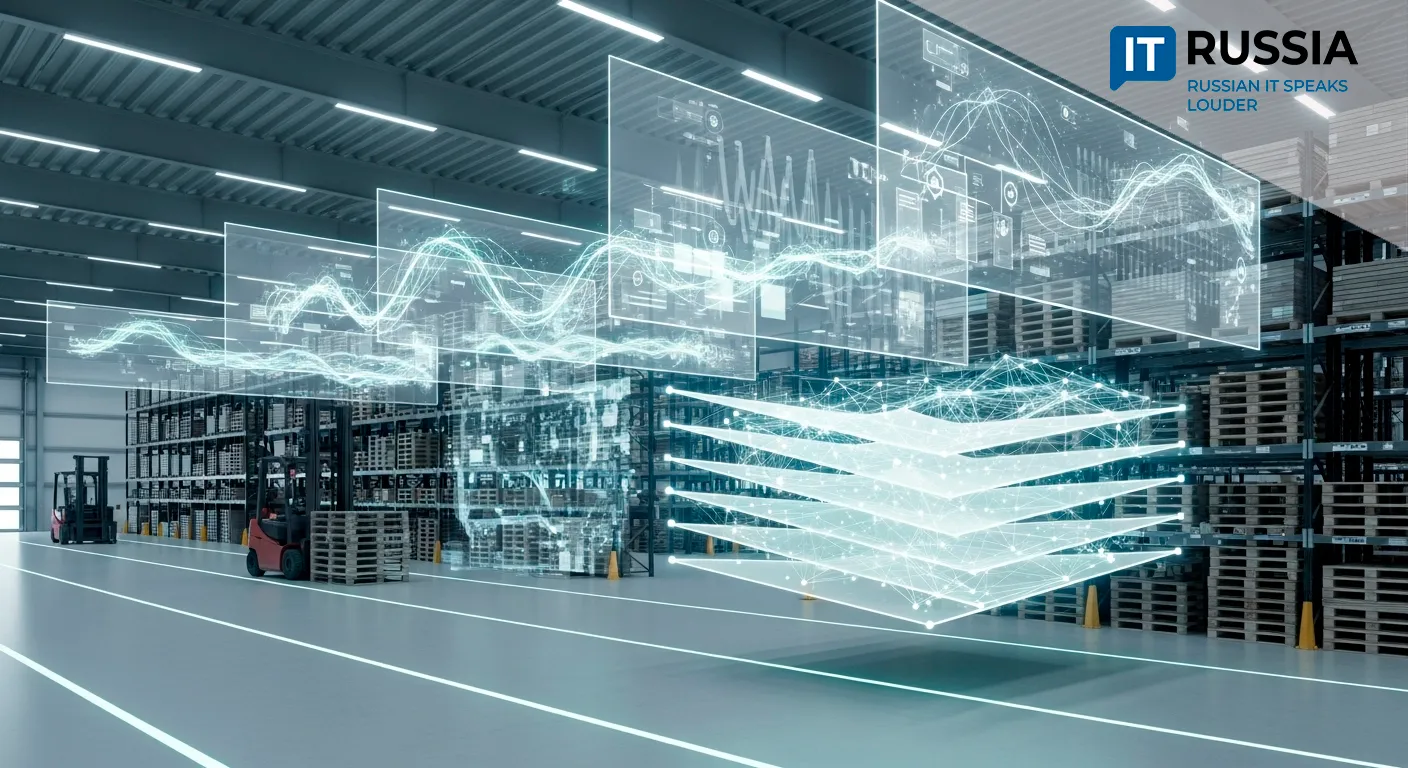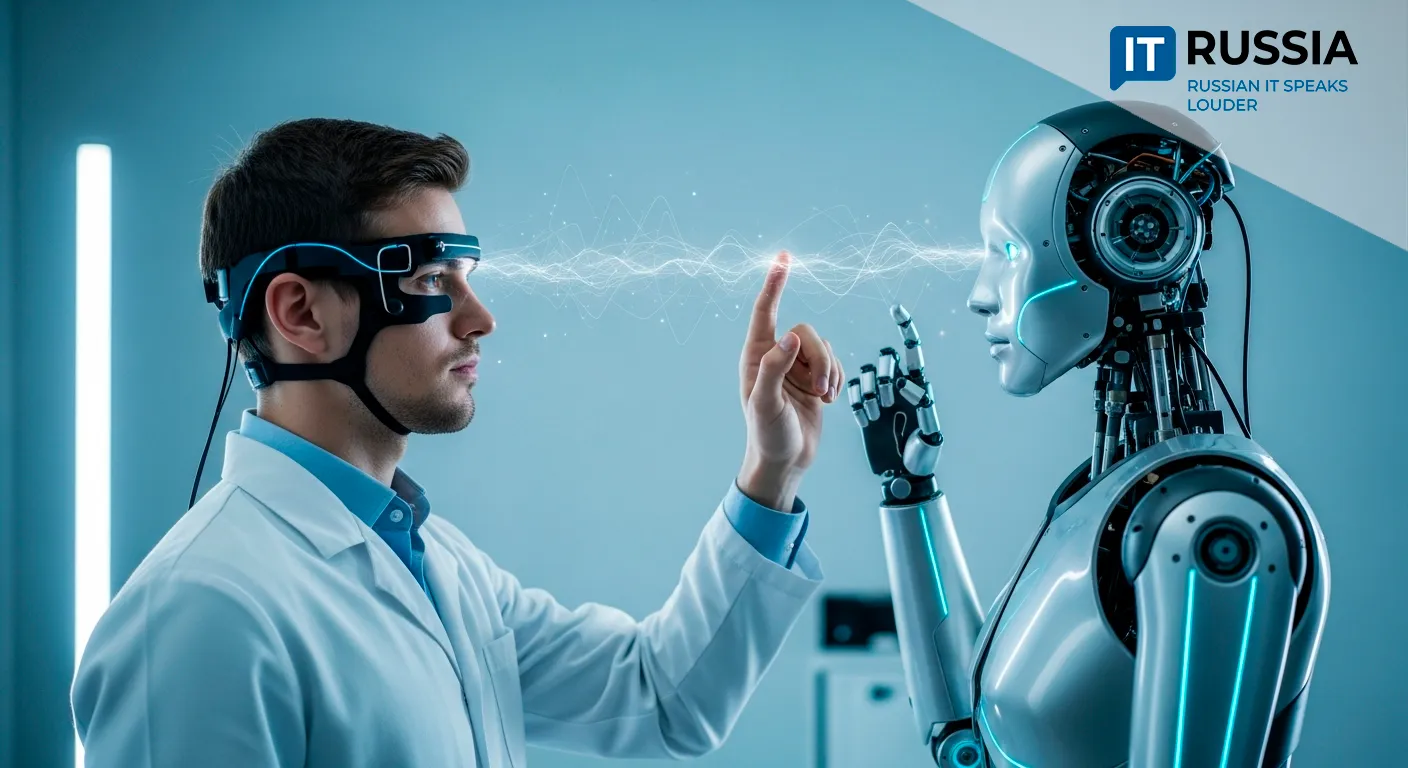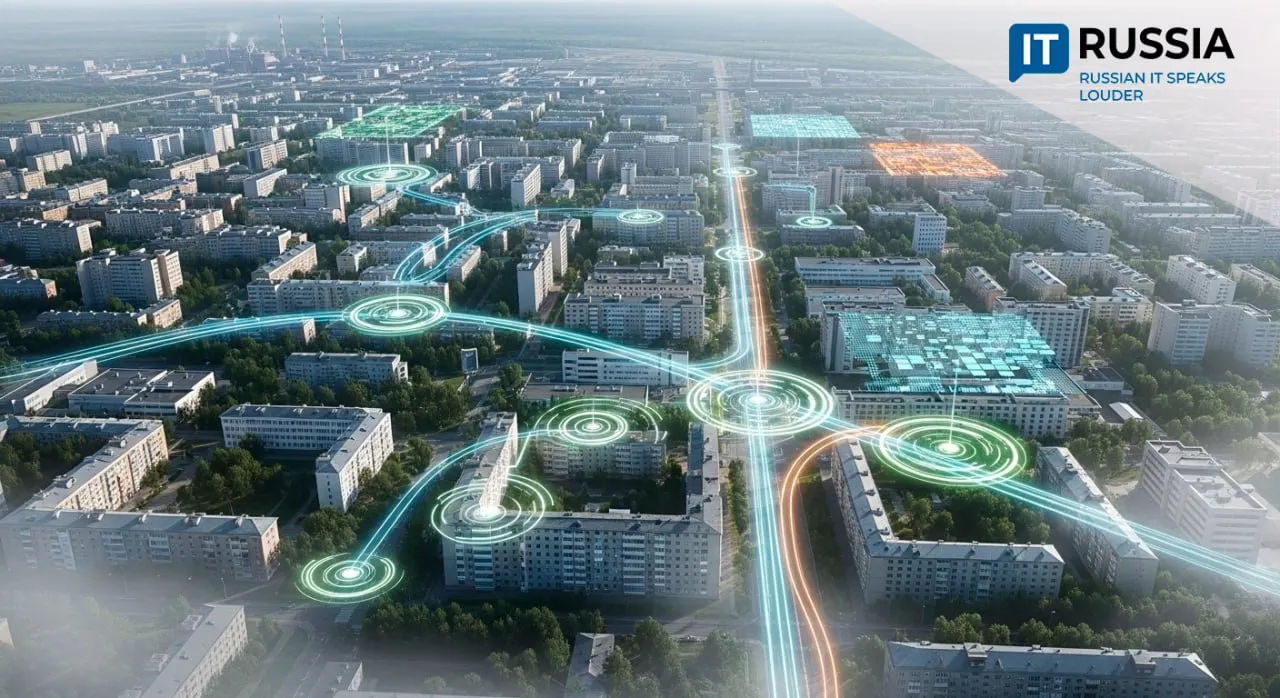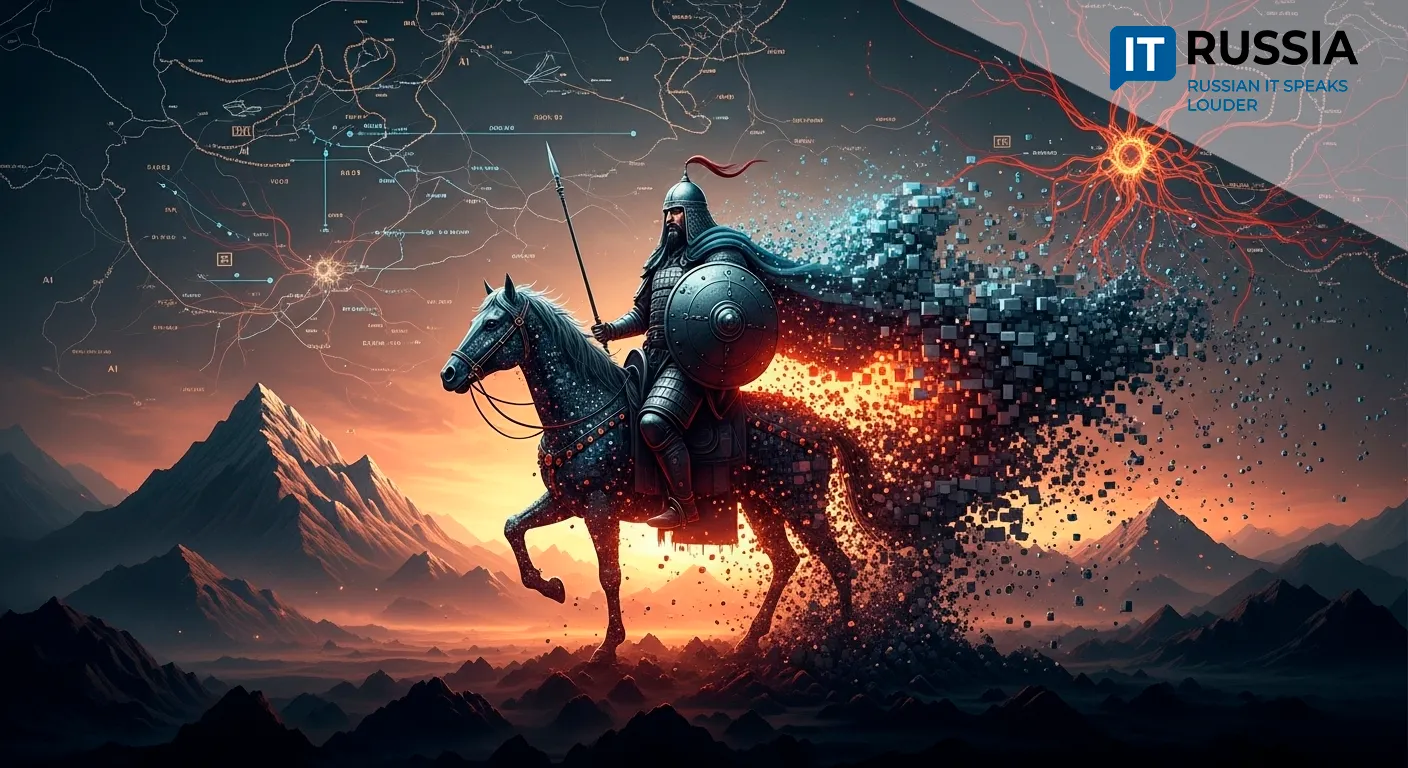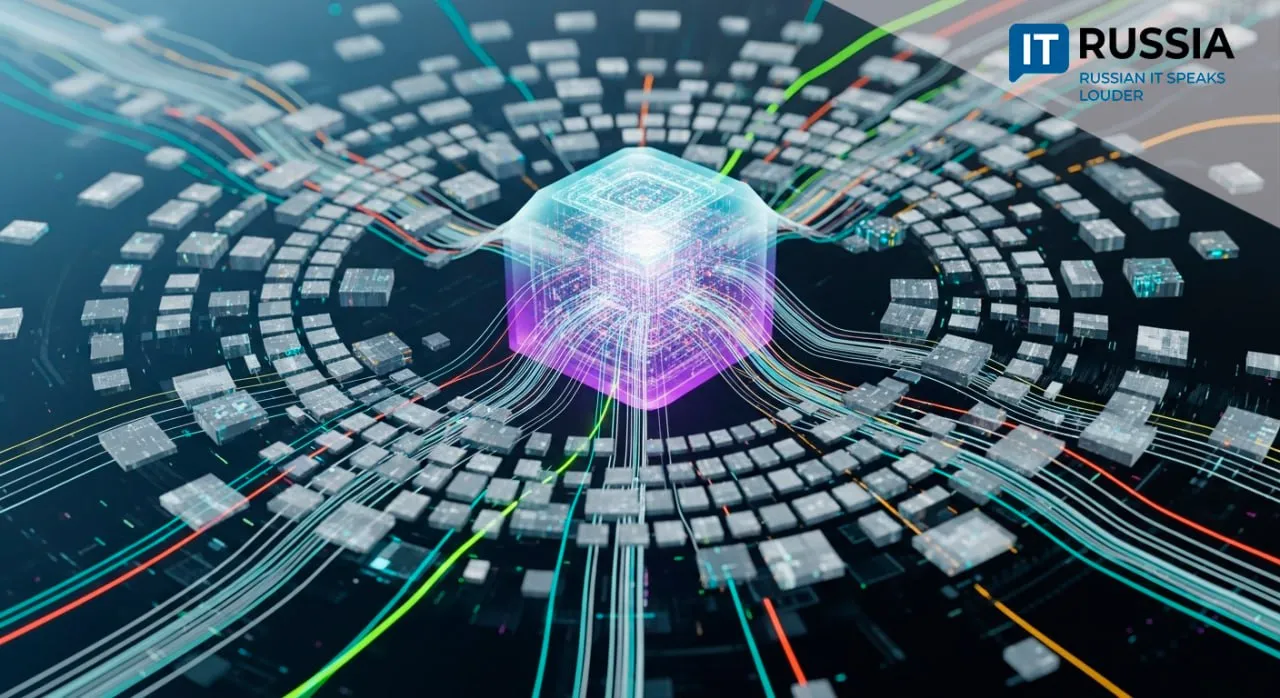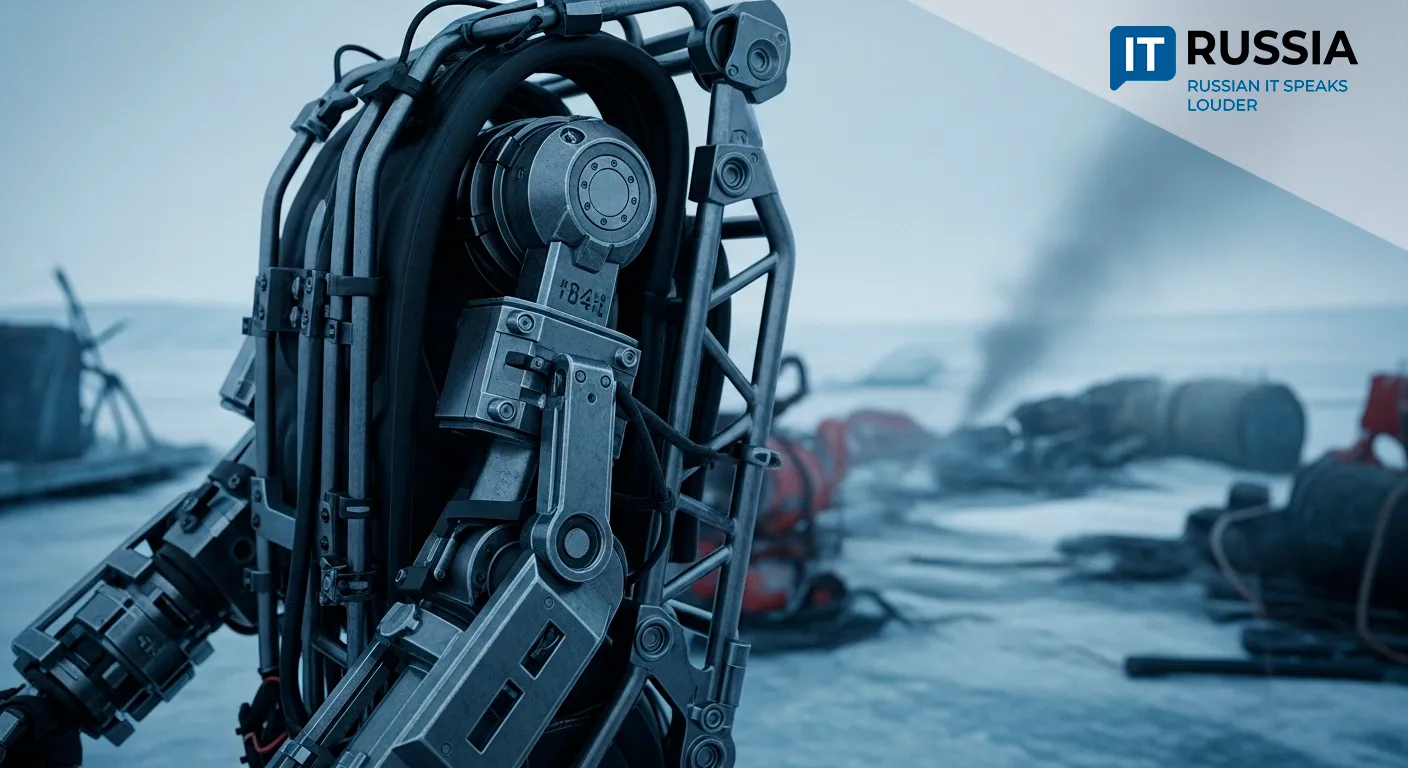Generative AI Is Rapidly Becoming a Core Technology in Russian Industry
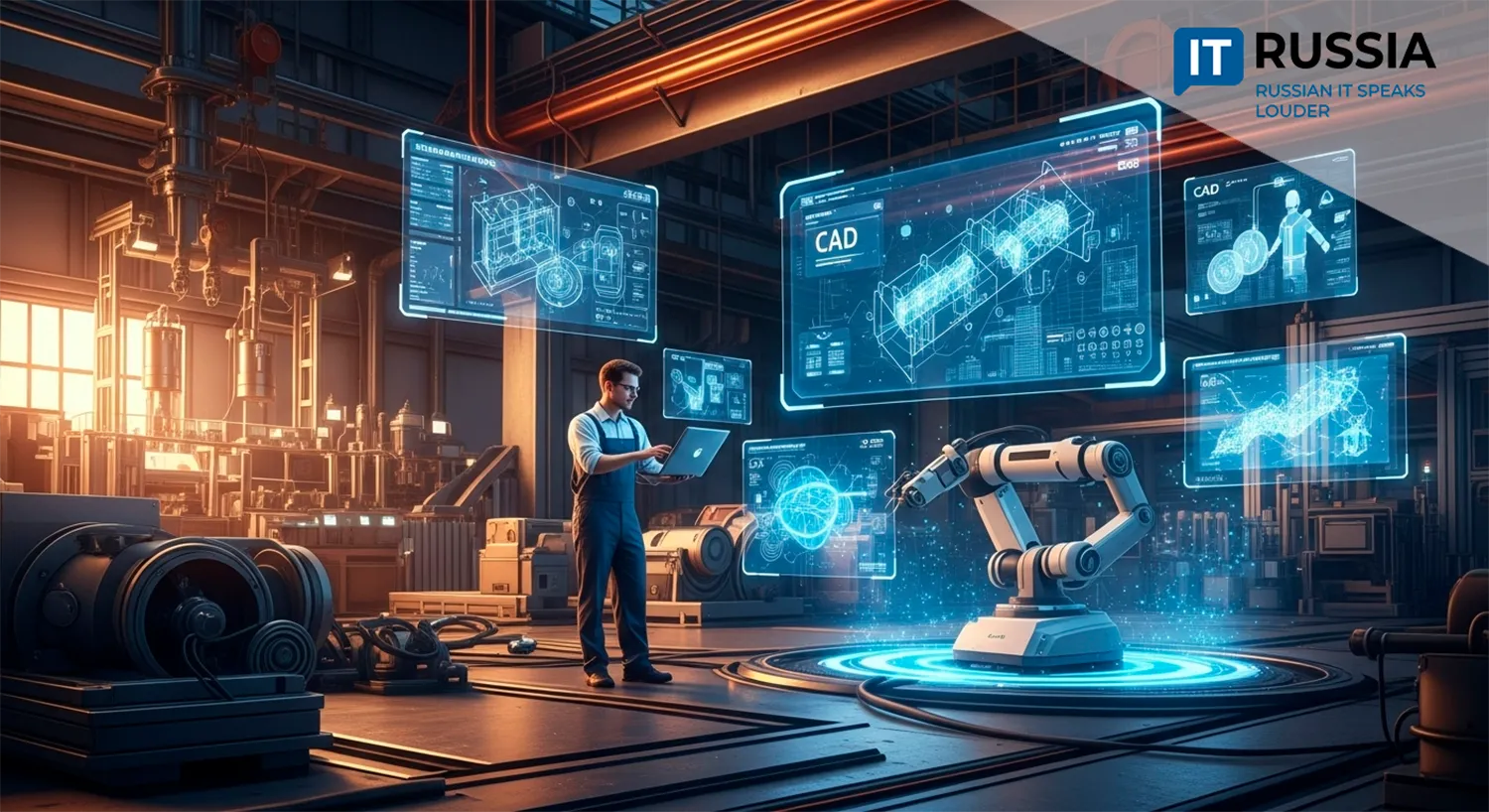
From metallurgy to molecular design, generative AI is reshaping how Russia builds, produces, and competes on the global industrial stage.
A Steady Shift Toward Generative Intelligence
Generative AI is emerging as a powerful engine for digital transformation across Russian industry. It now supports the full product lifecycle—from design and testing to logistics and strategic decision-making. AI systems are being used to generate CAD blueprints, simulate manufacturing workflows, and optimize supply chains and production decisions.
Though AI has been present in Russian industry for over a decade, the adoption of large language models (LLMs) in 2022 marked a shift toward generative applications in R&D, finance, and service operations. In 2023, firms such as ARM, Softline, and Skoltech began piloting edge AI for on-site industrial use, a sign that IT architecture maturity is rising. By 2024, discussions around 'Industry 6.0' had gained traction, with autonomous systems and swarm robotics forming the next frontier.

Tangible Results Across Major Sectors
More than 20 Russian industrial firms are now applying generative AI in real-world settings.
At Norilsk Nickel, a metallurgical assistant AI suggests optimal machine configurations based on incoming ore quality. This goes beyond basic automation—it synthesizes multi-source data to provide adaptive recommendations.
R-Pharm, a pharmaceutical leader, is using generative AI to model molecular structures and accelerate drug development. Meanwhile, NLMK Group is integrating generative AI to automate internal development, streamline support, and build intelligent knowledge assistants.
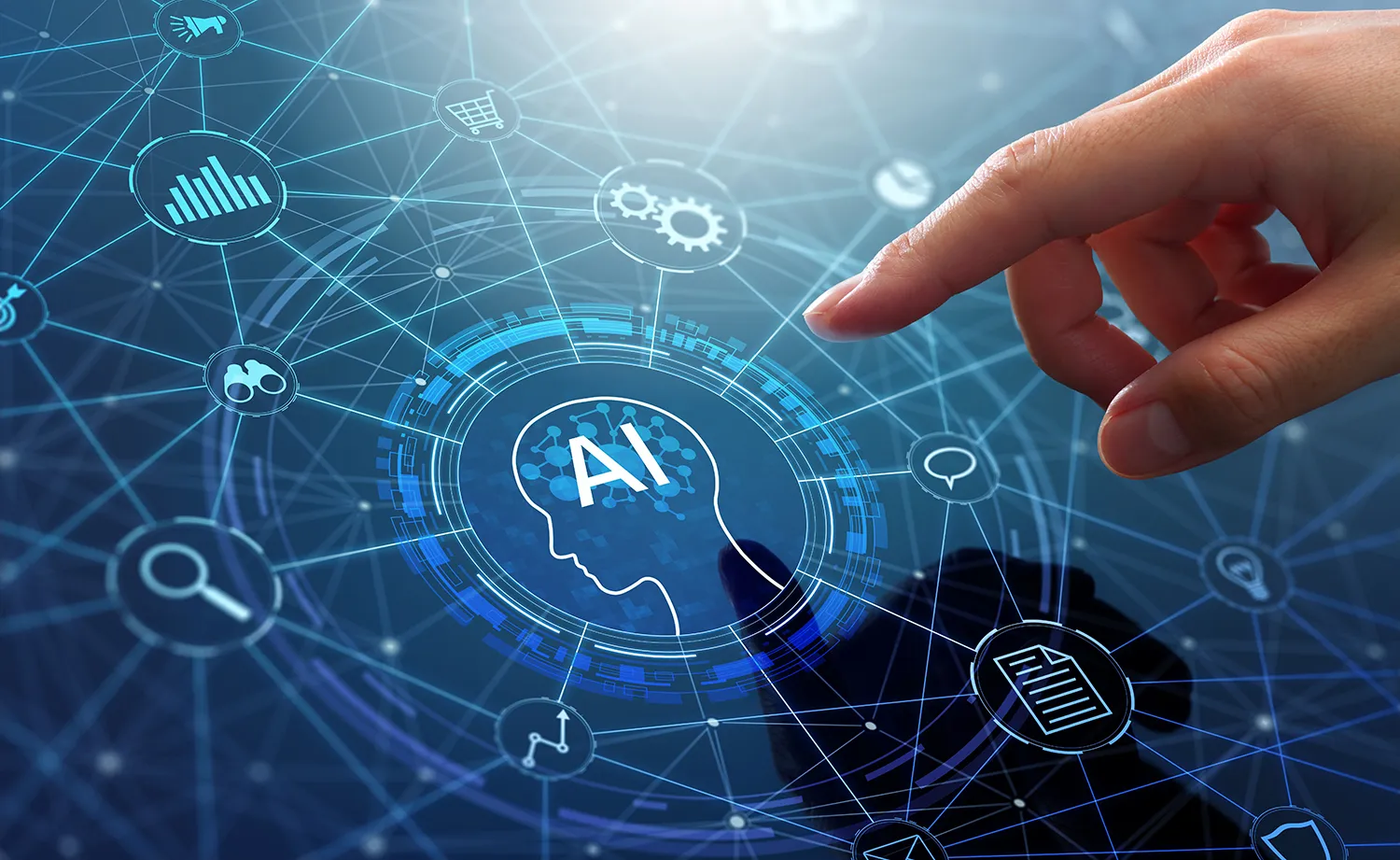
Severstal is using AI models to improve efficiency, cut costs, monitor safety compliance, and reduce emissions. Its generative AI applications now span over 60 active projects, including automated documentation, training tools, and sales workflows. In 2024 alone, the company saved more than $12.7 million through these systems.
Use cases show strong return on investment in accelerated engineering, synthetic data creation, and predictive maintenance. The technology is proving not only feasible, but economically essential.
From Industry 4.0 to Industry 6.0
The transition from Industry 4.0 to Industry 6.0—defined by autonomy, self-organization, and generative robotics—is already underway in Russia. The country’s industrial AI infrastructure is forecast to surpass $1.3 billion by 2028, and investments in computing resources could exceed $85.5 billion by 2030.
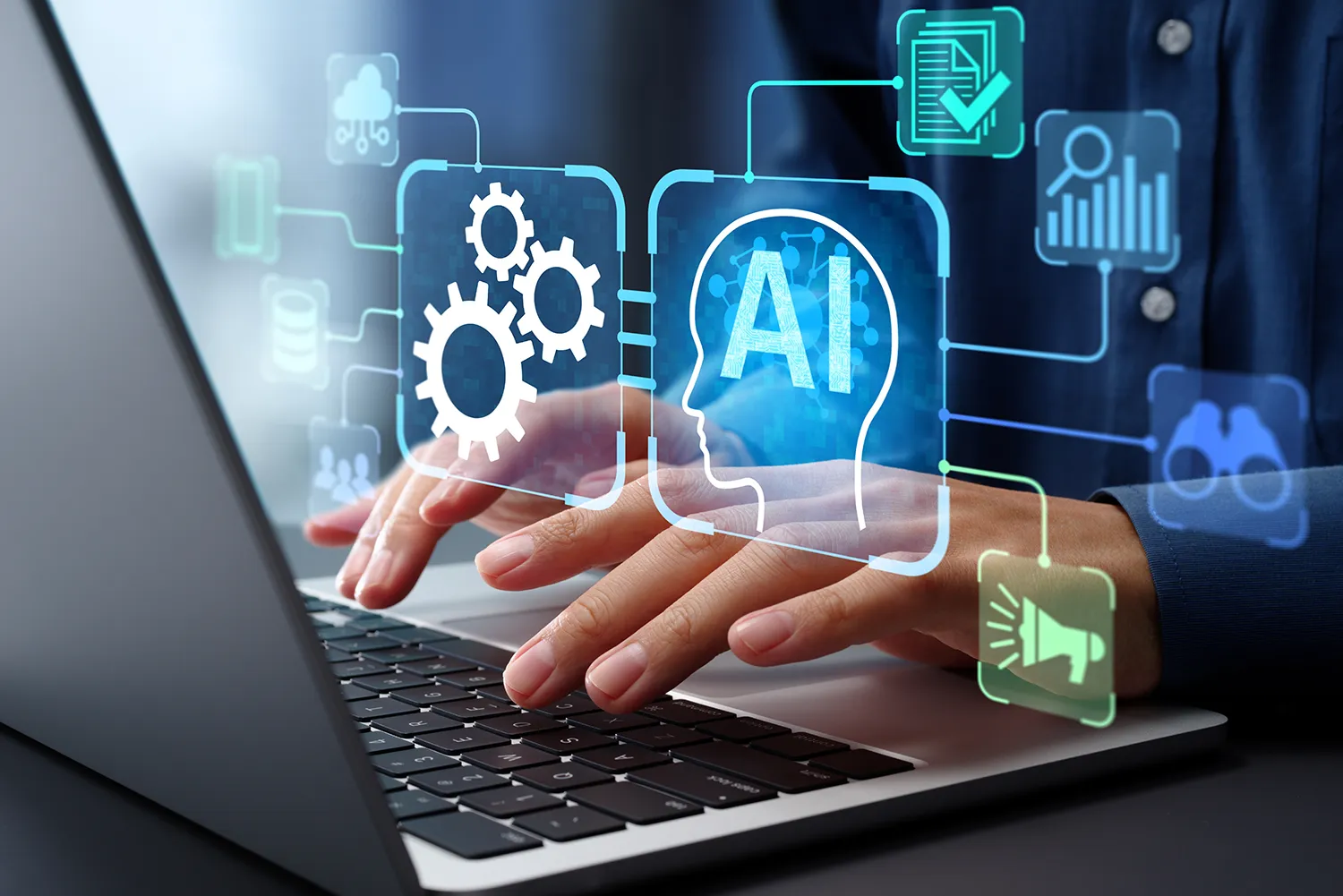
However, analysts warn that progress may stall without aggressive upgrades to GPU fleets, networks, and MLOps environments. Still, if these needs are met, companies could slash product development cycles by more than fourfold through end-to-end AI integration.
Russia’s edge may lie in its ability to offer AI solutions that prioritize operational independence and security—traits valued in countries aiming to reduce reliance on foreign tech. As fully autonomous factories and self-organizing AI modules become more practical, Russia could position itself as a key player in the future of smart manufacturing.





